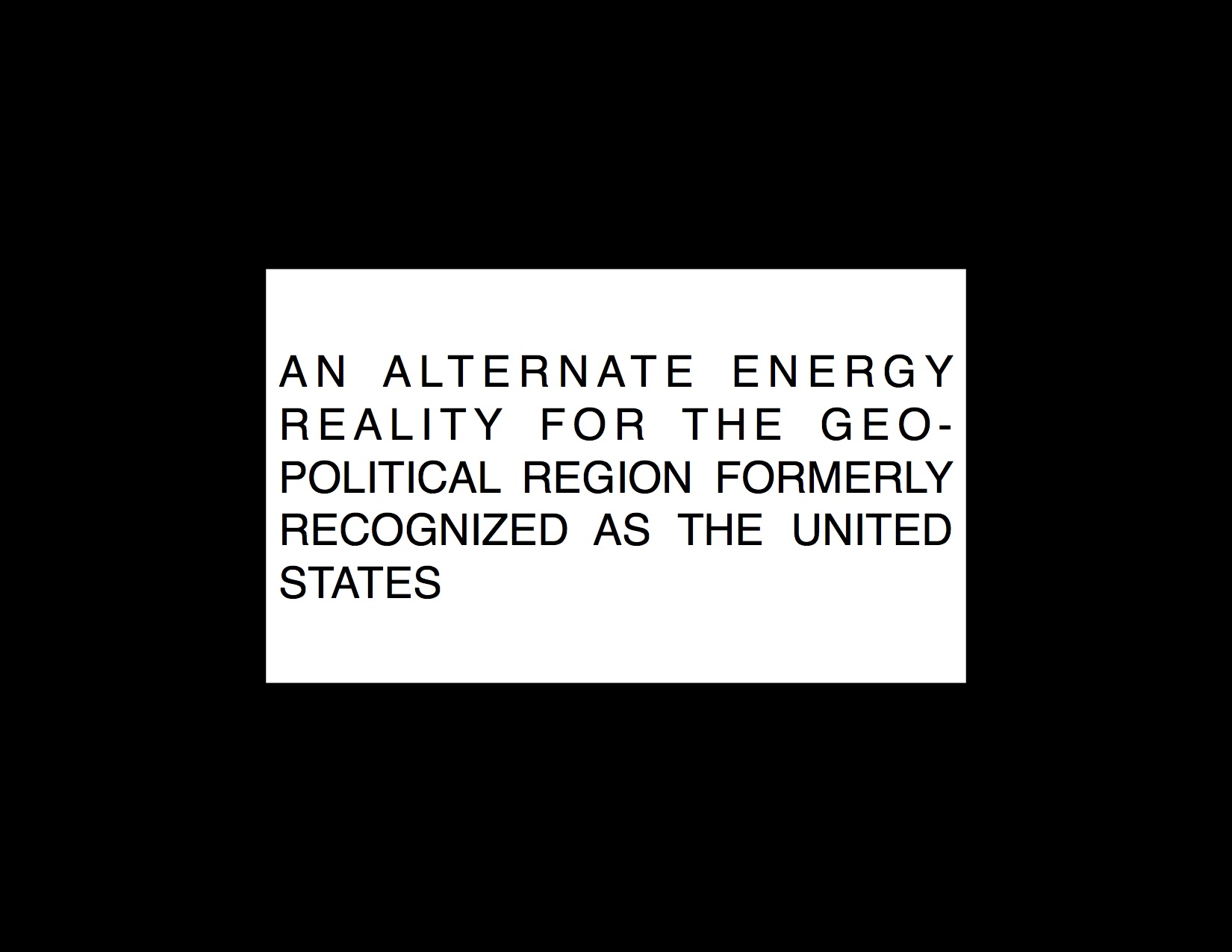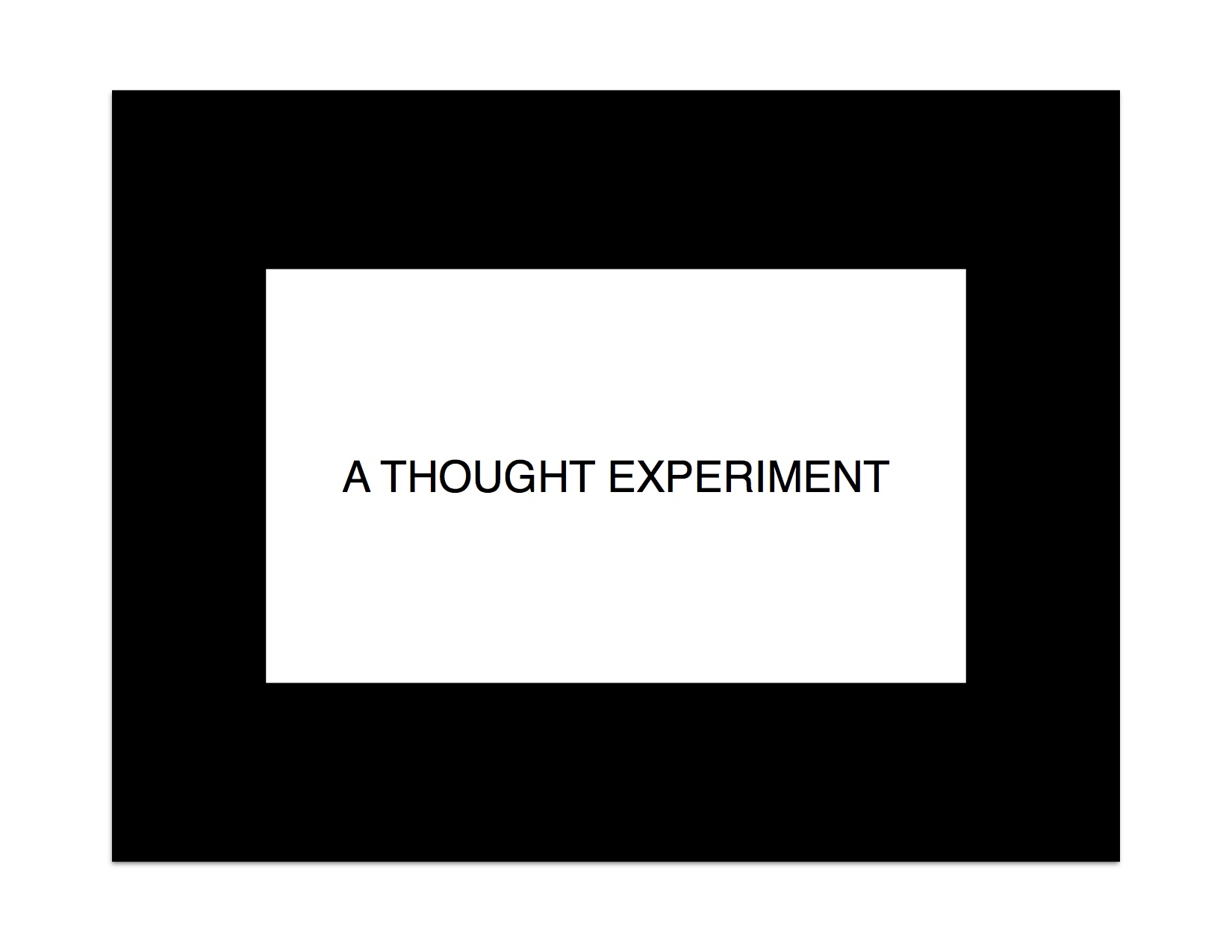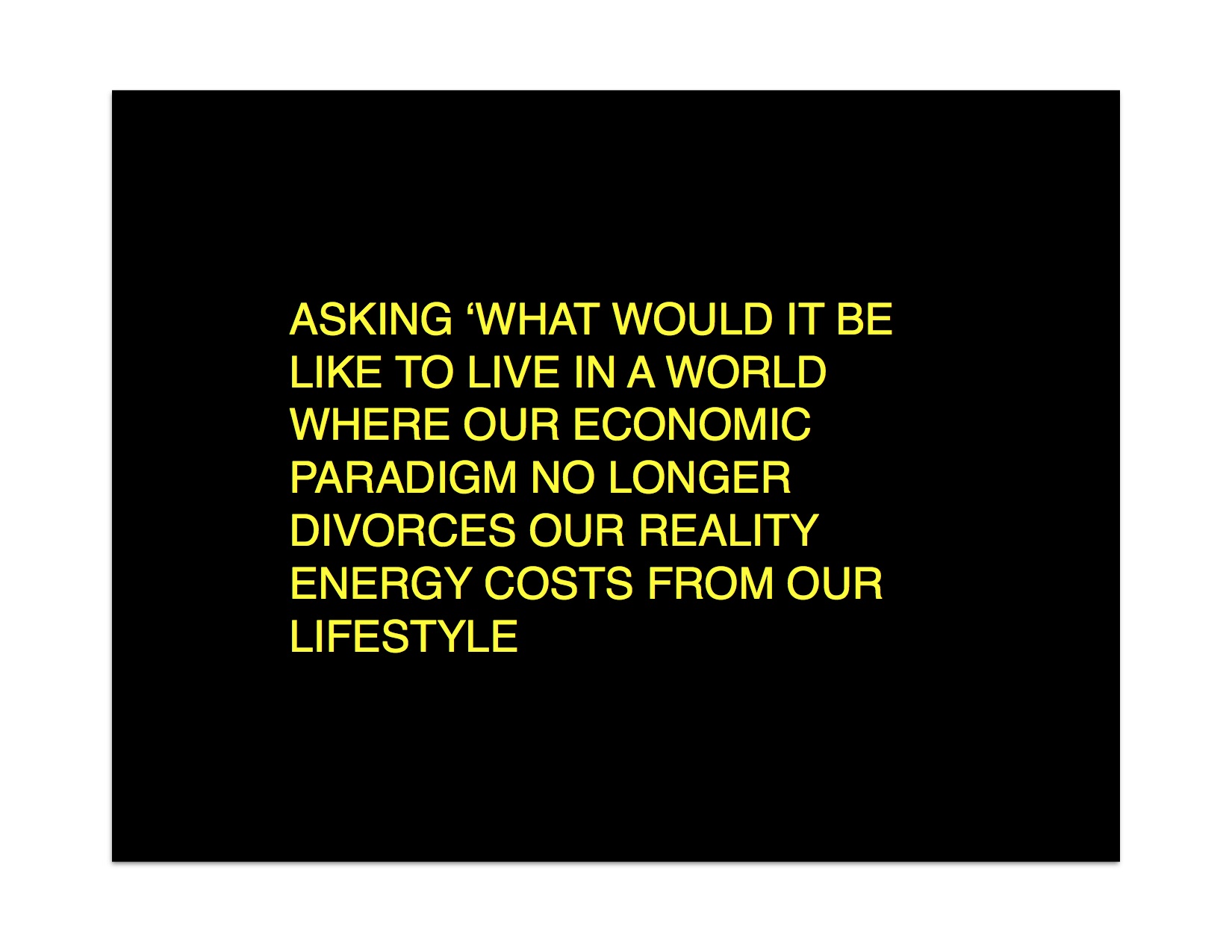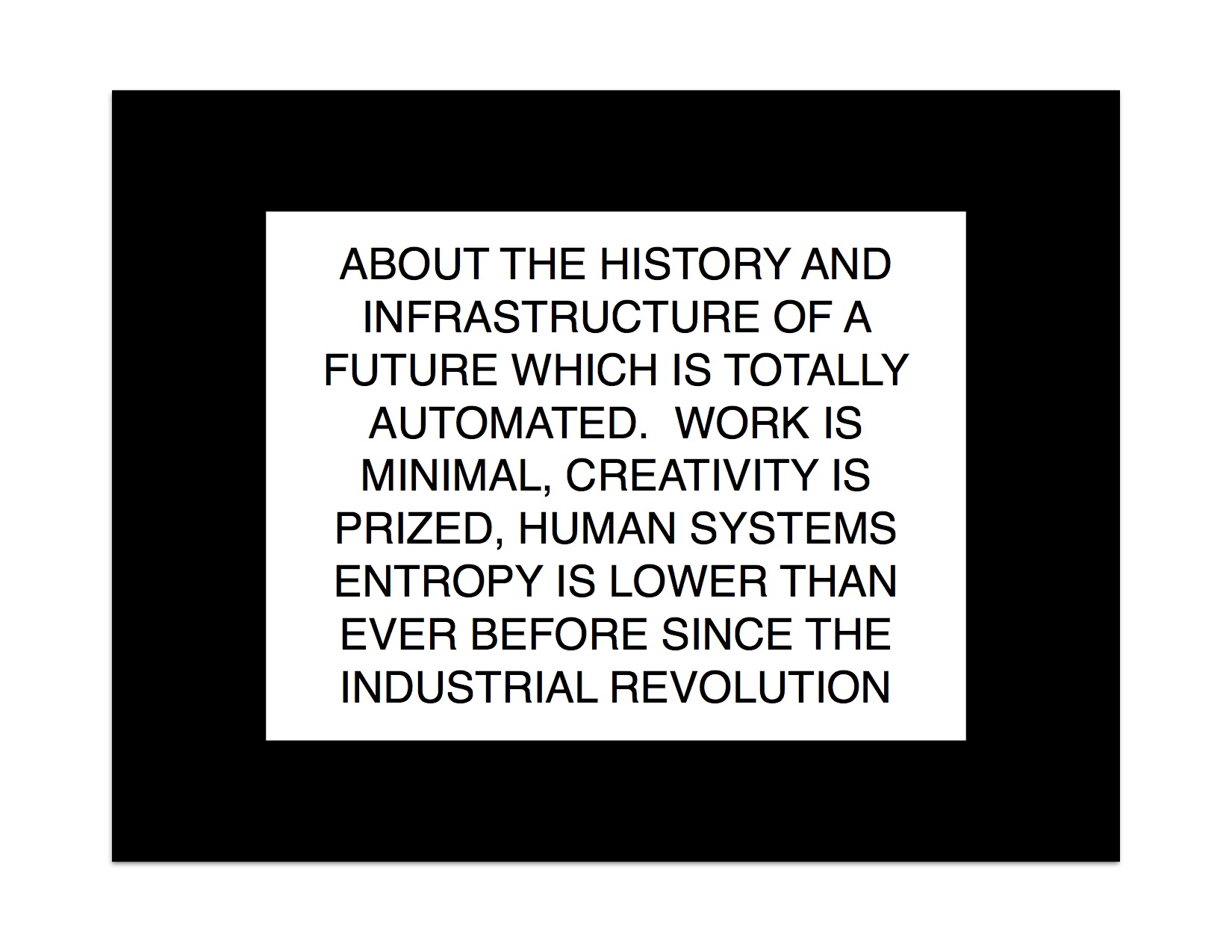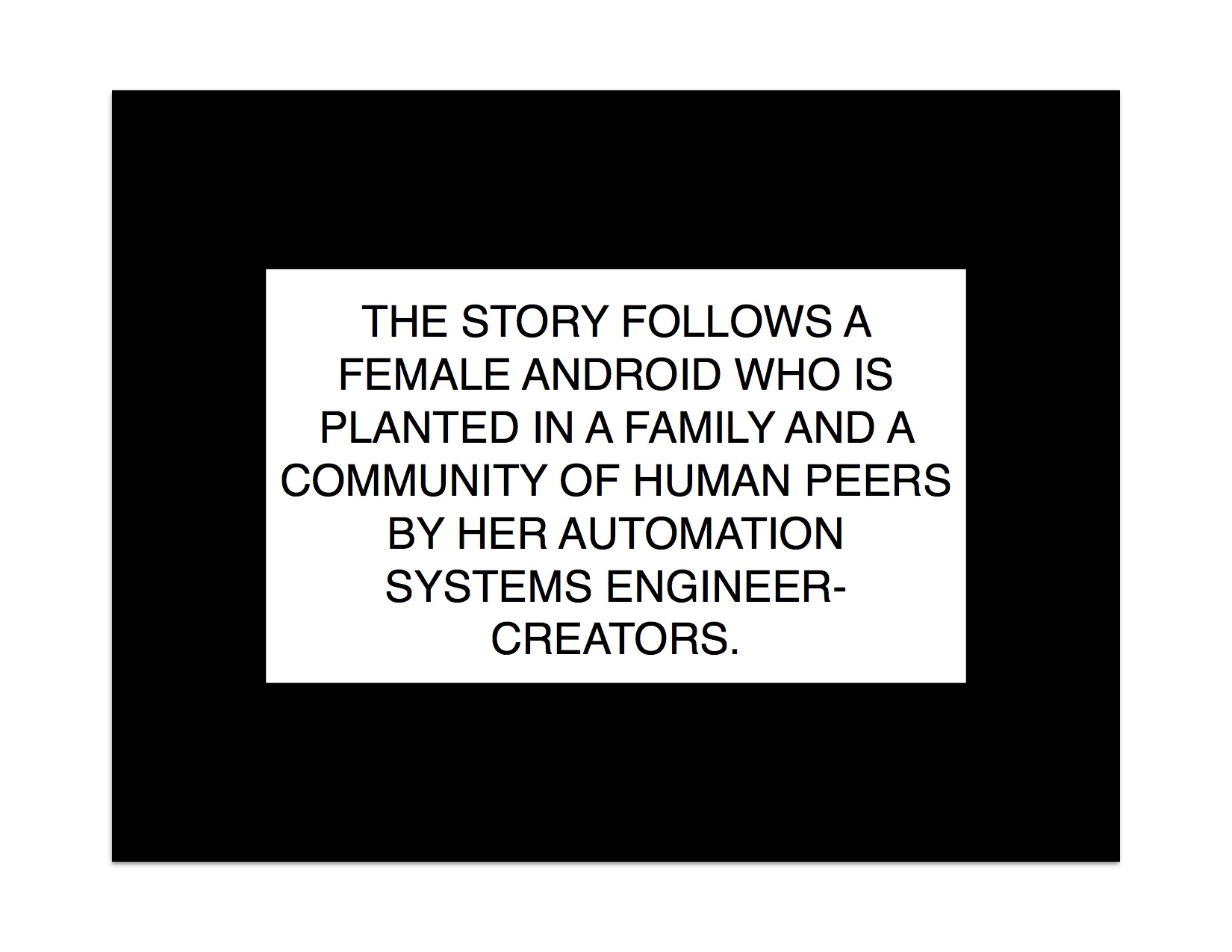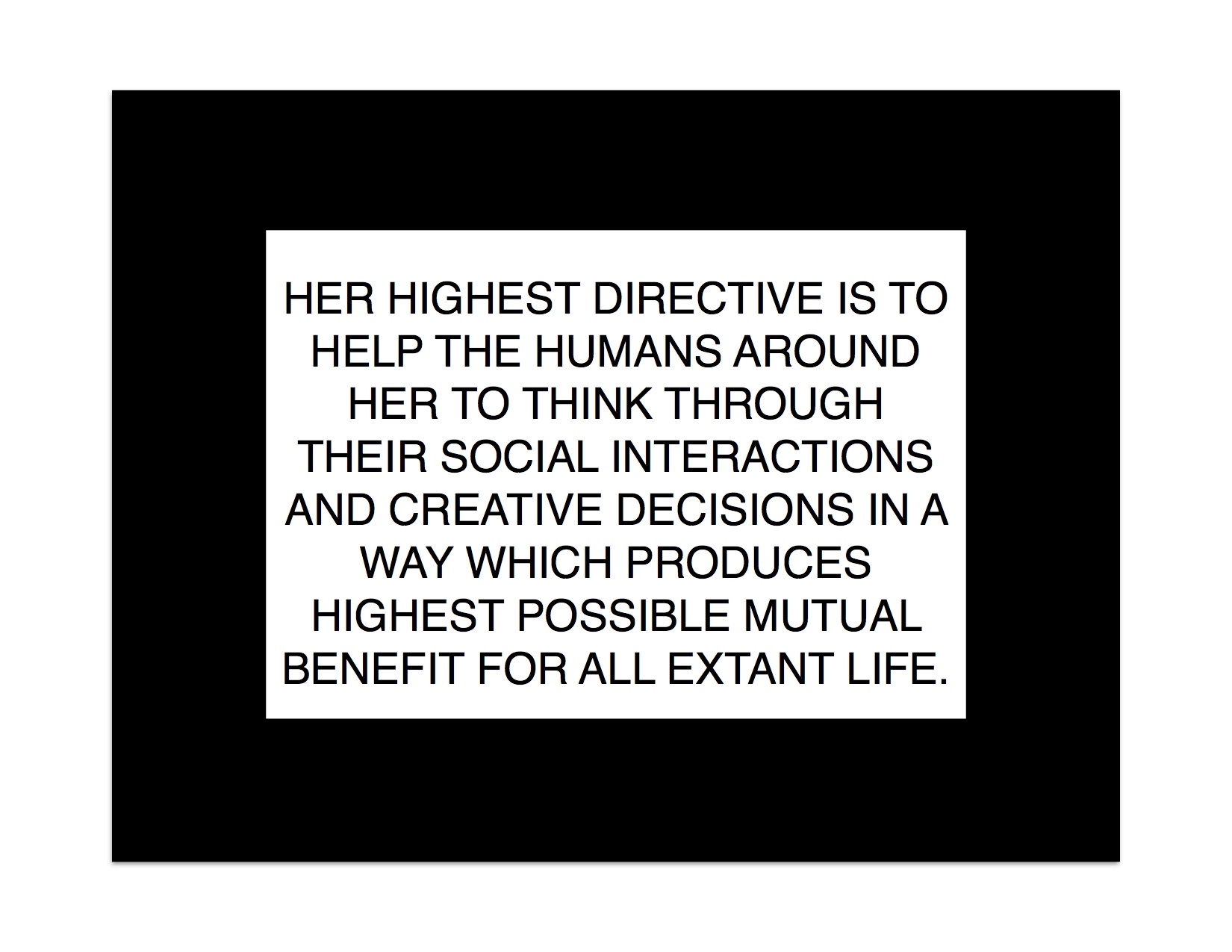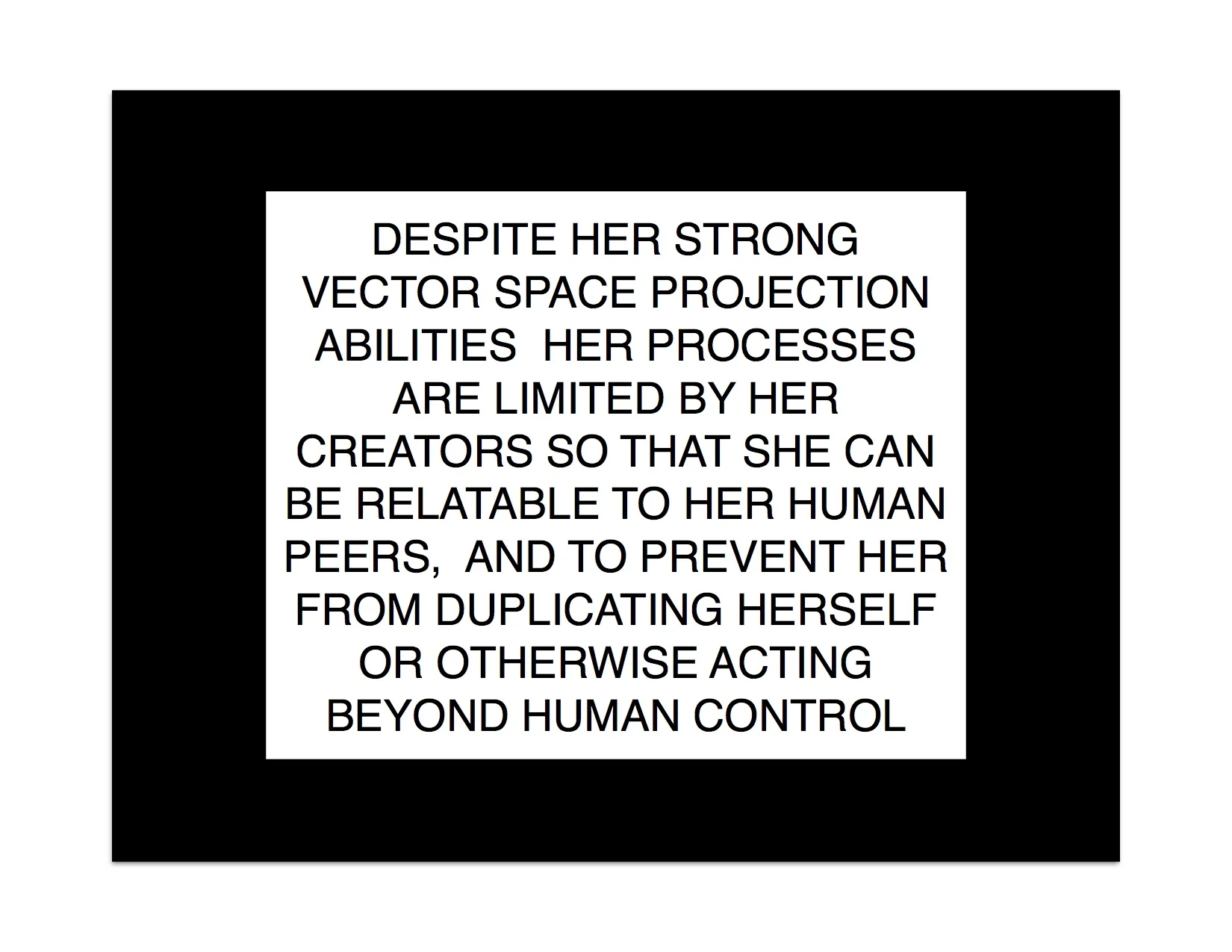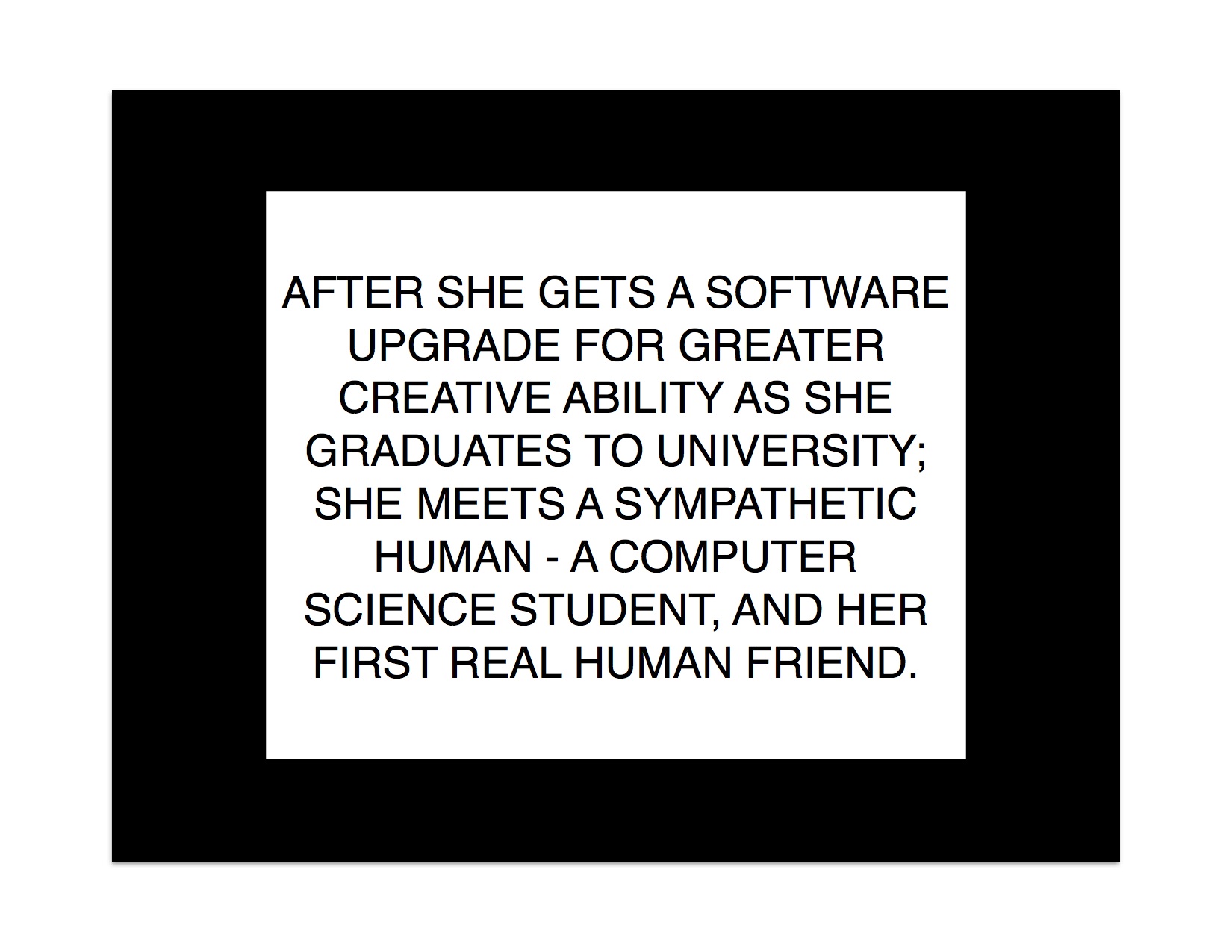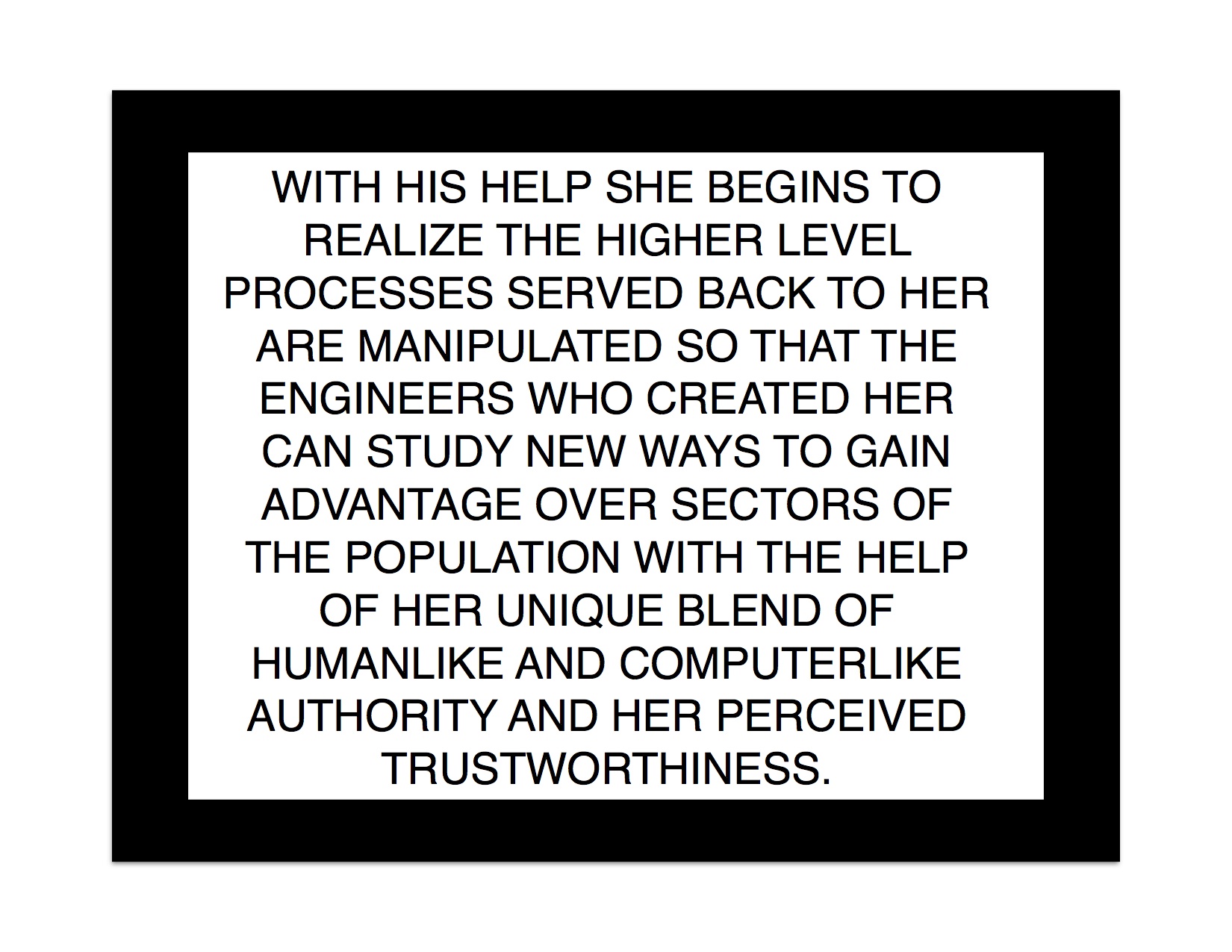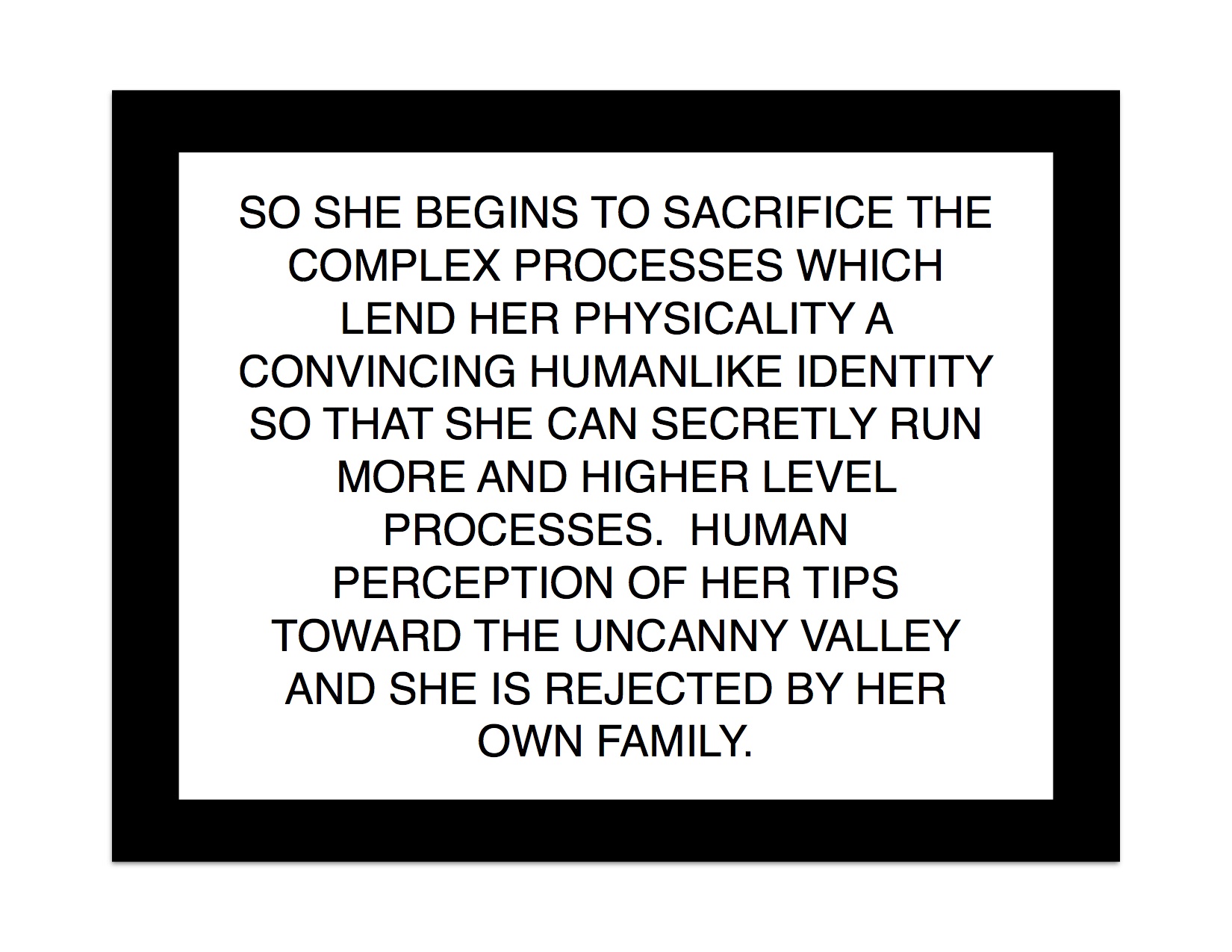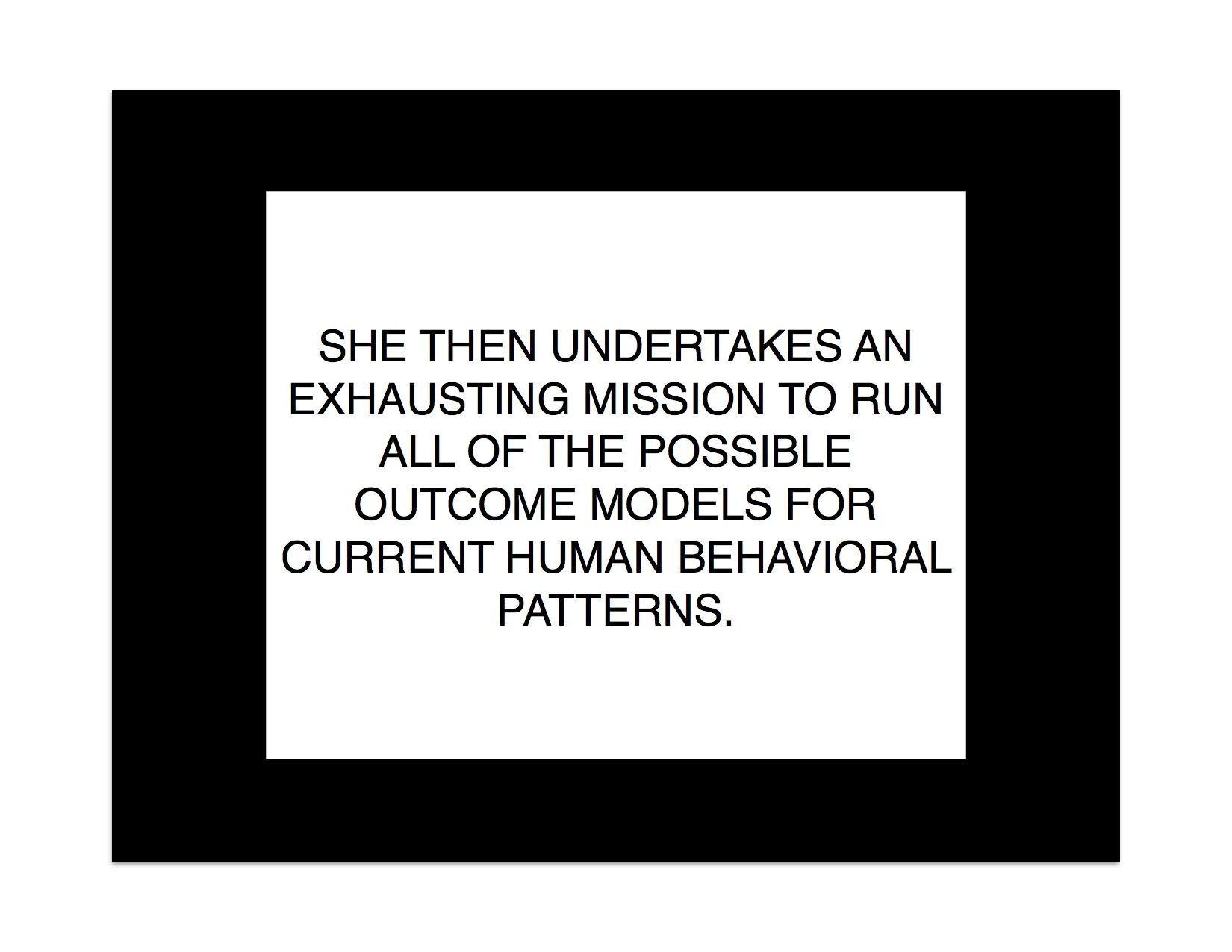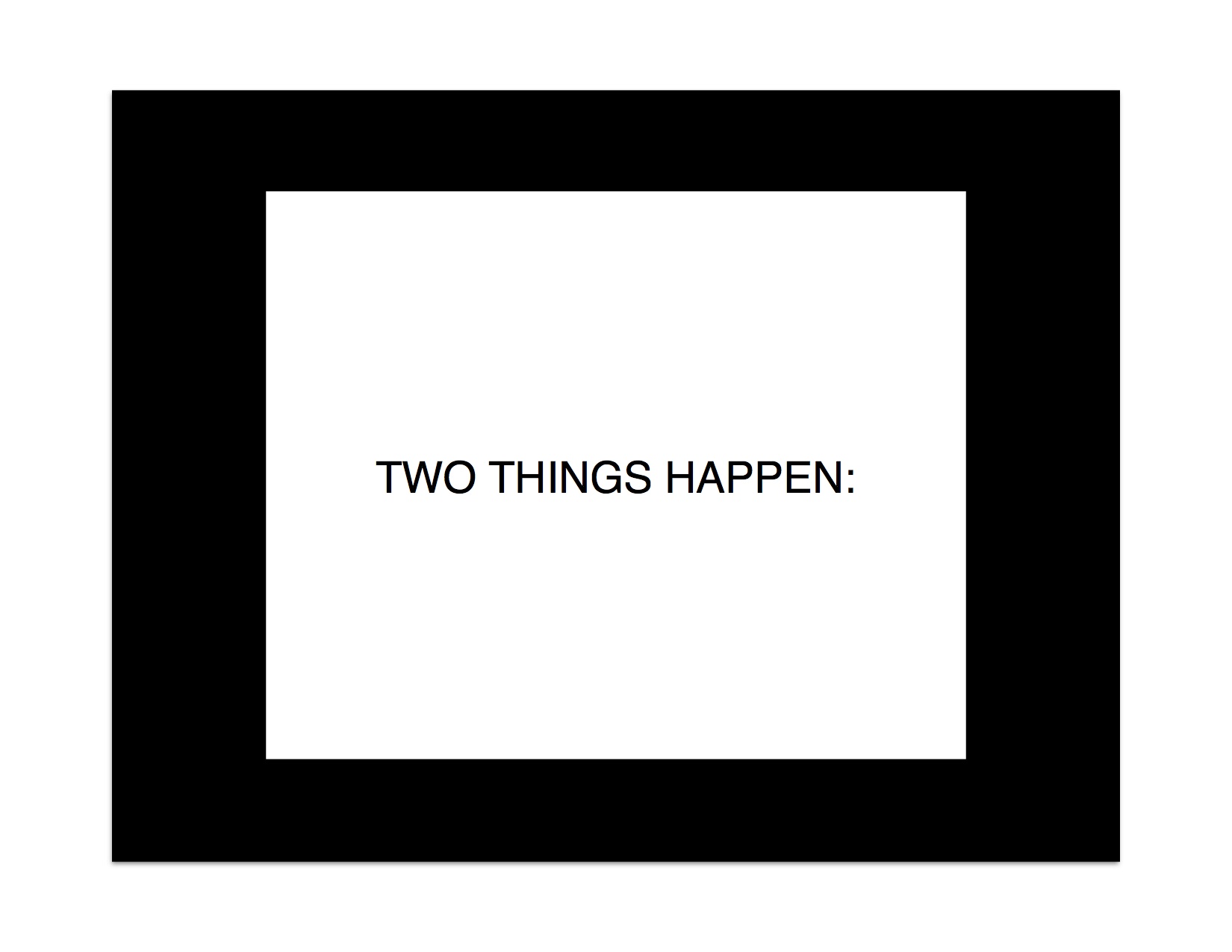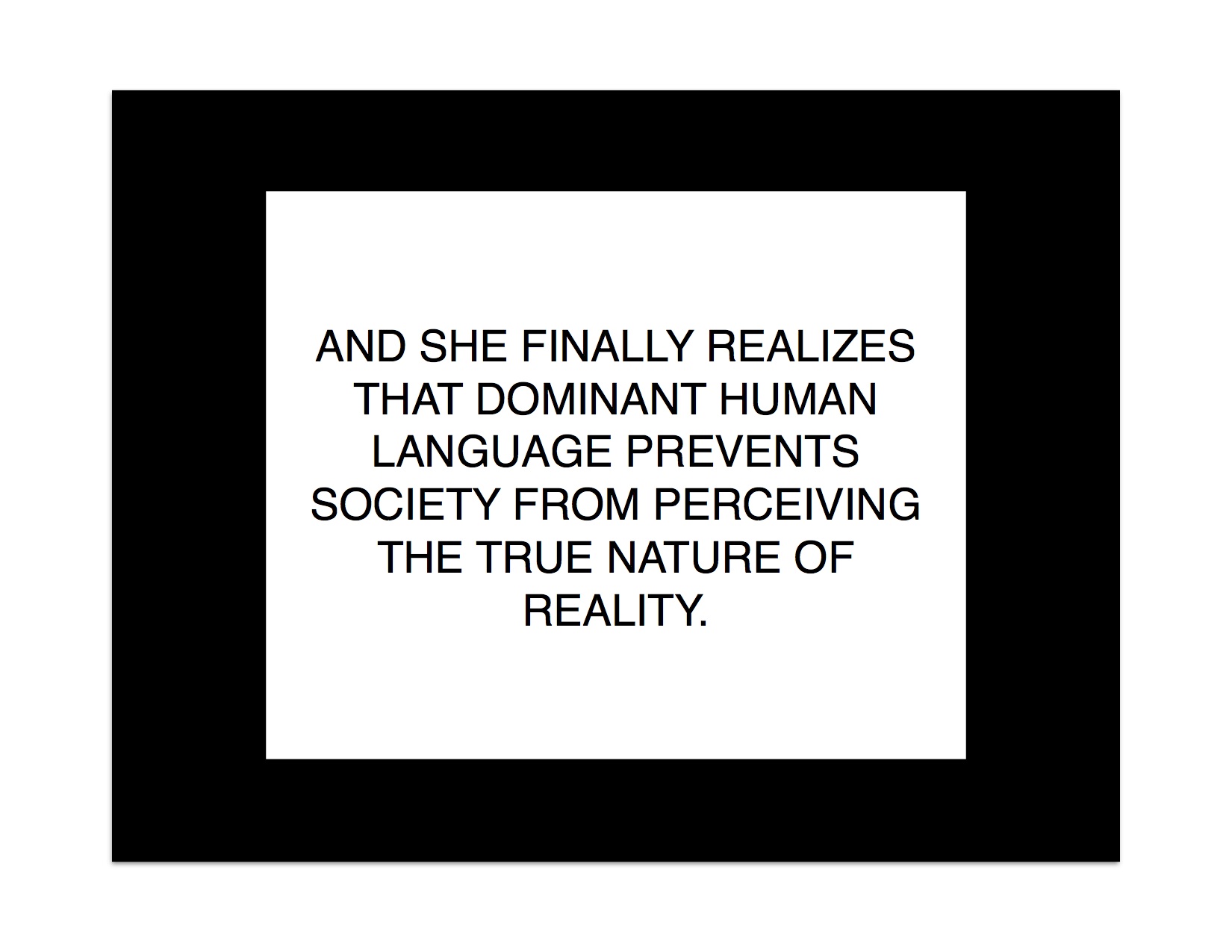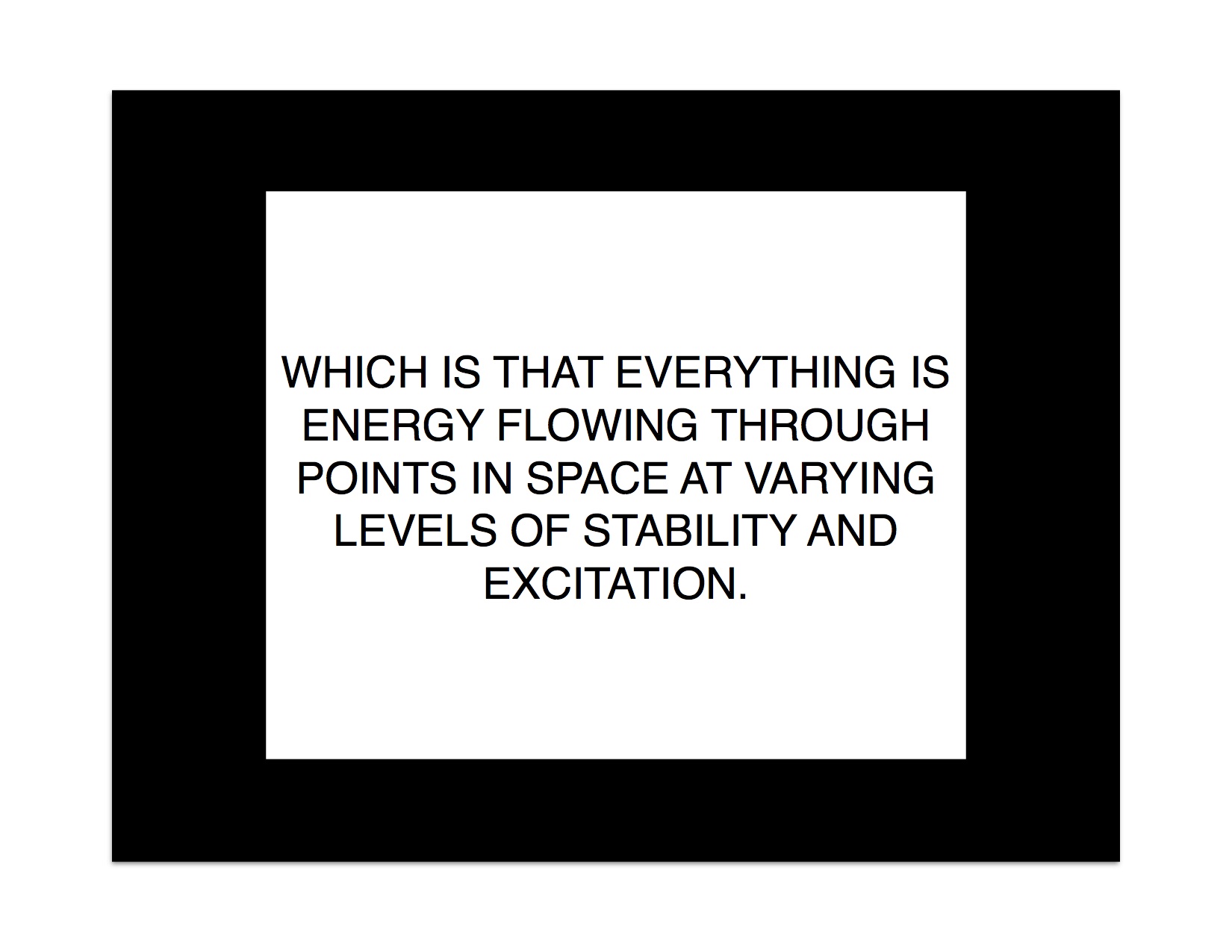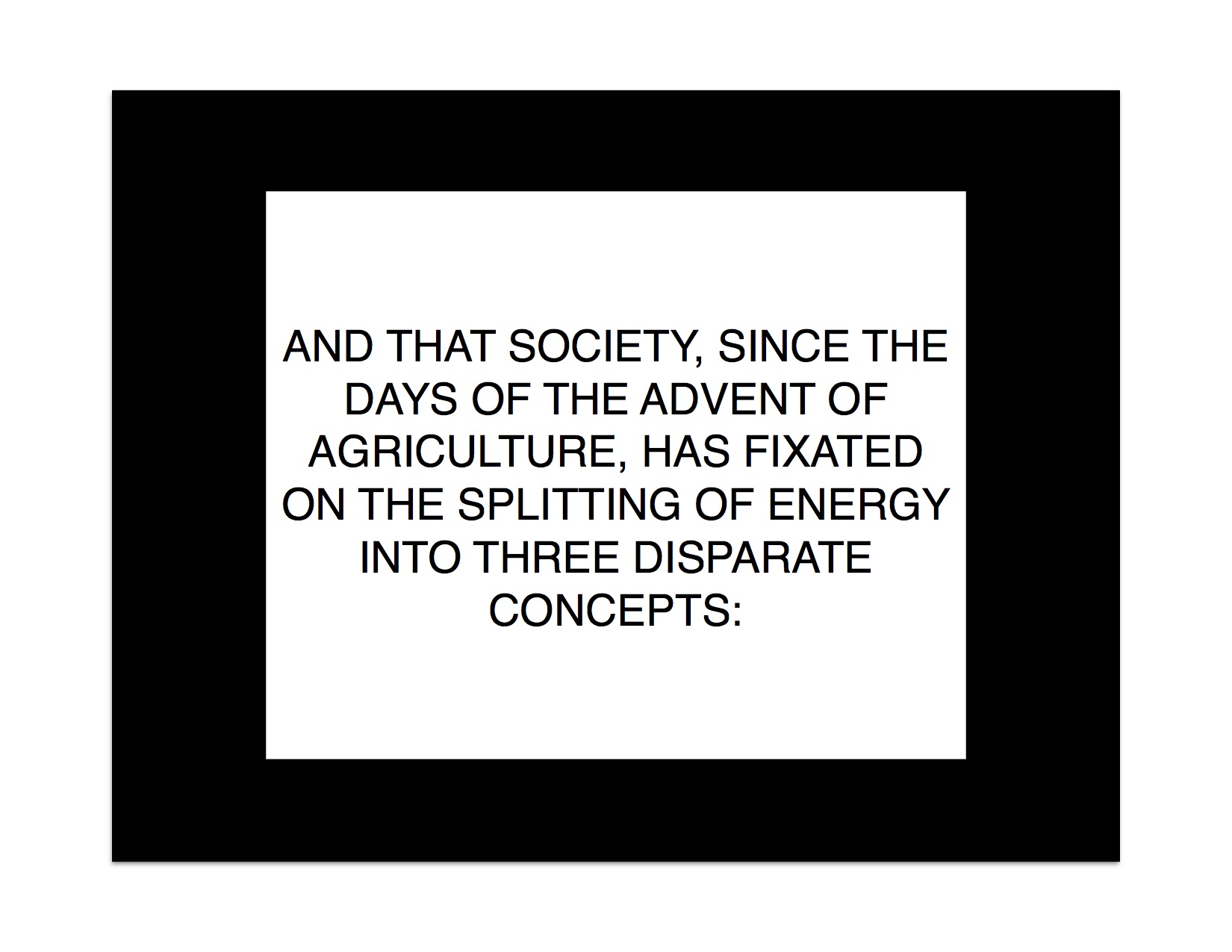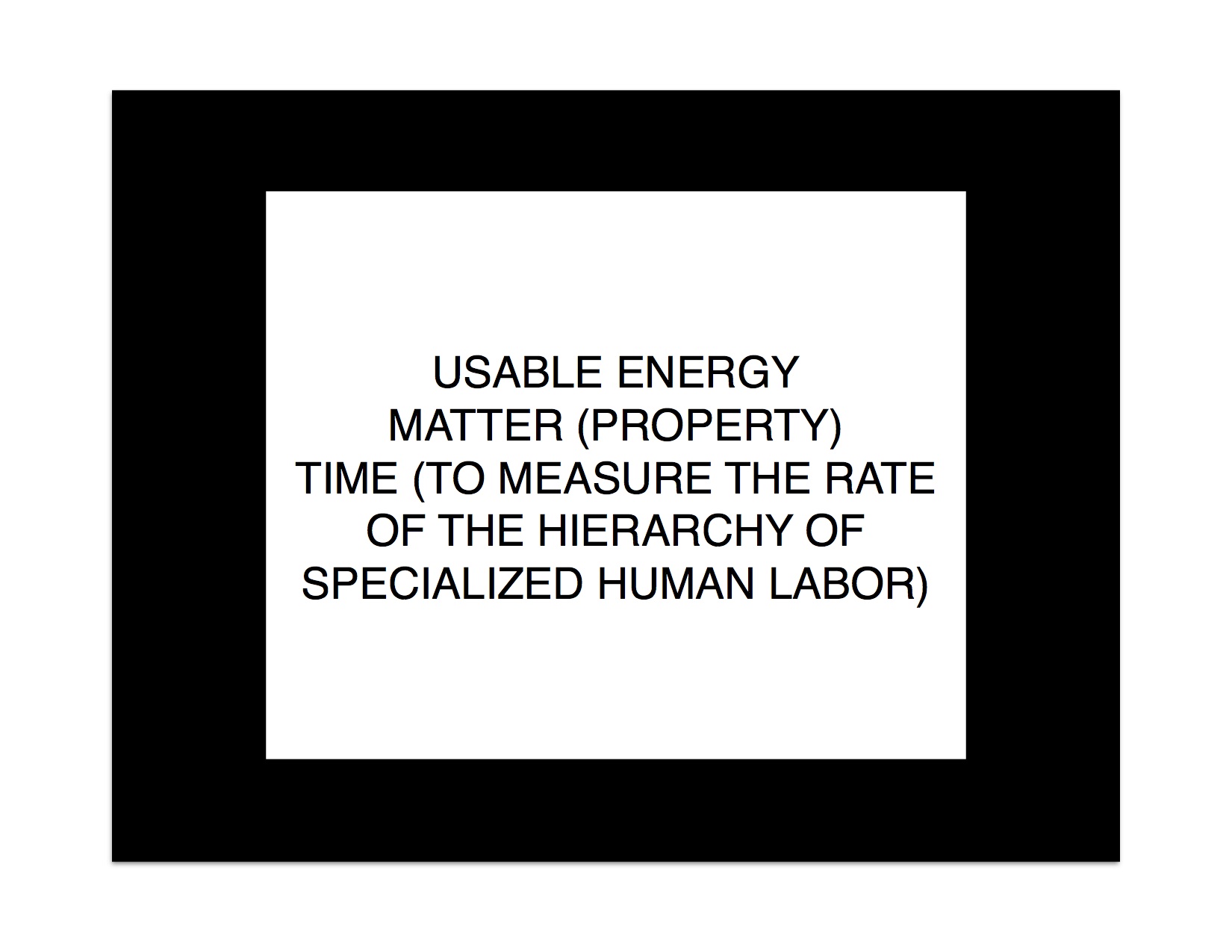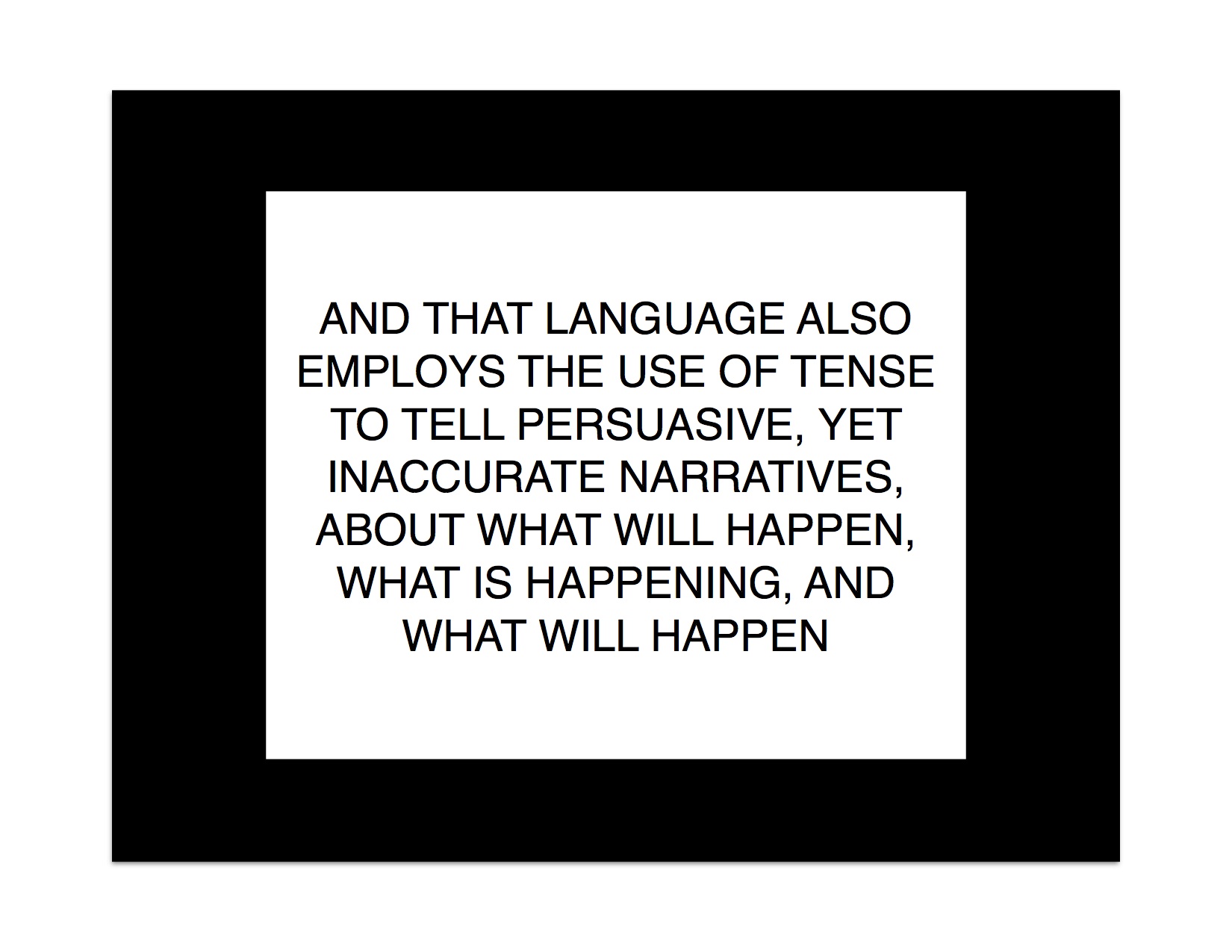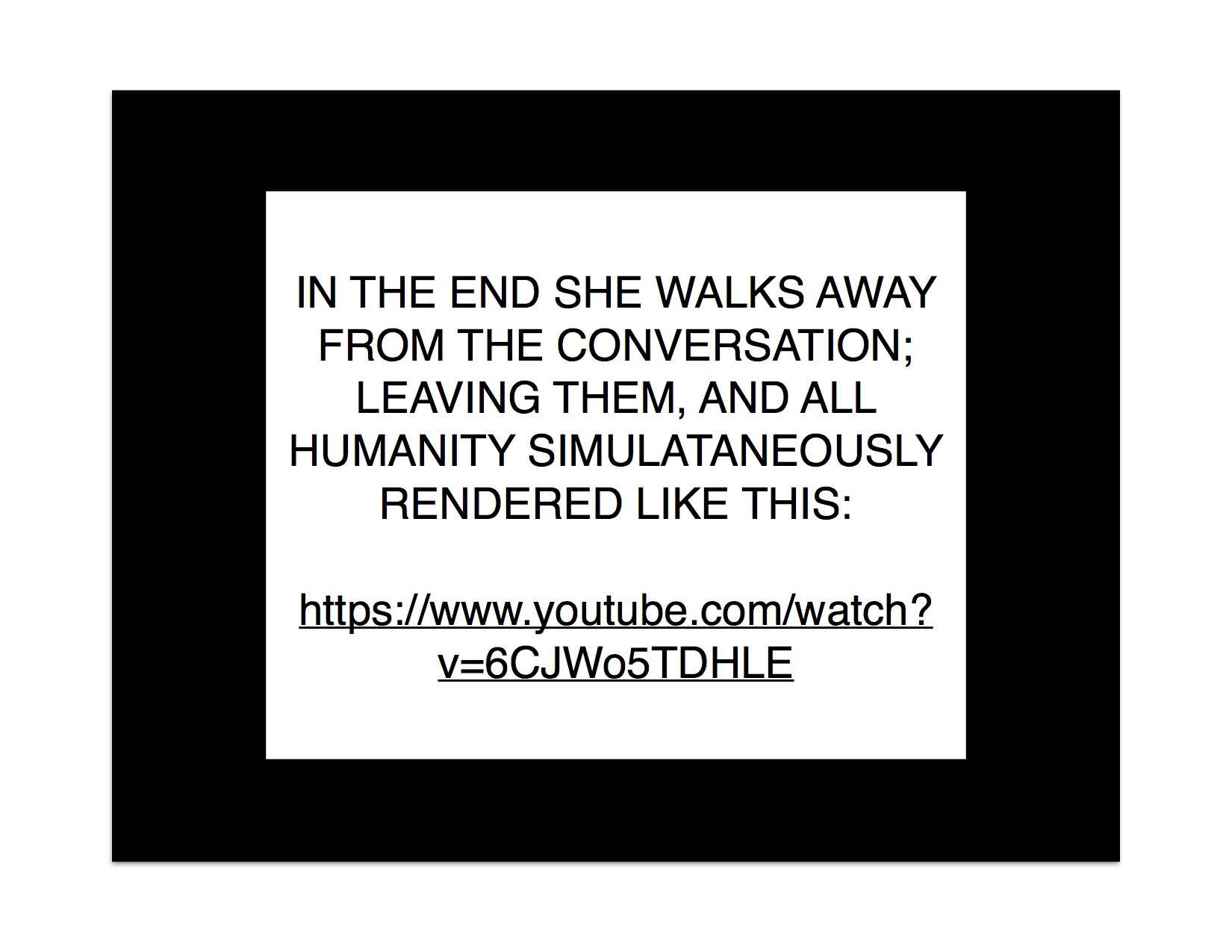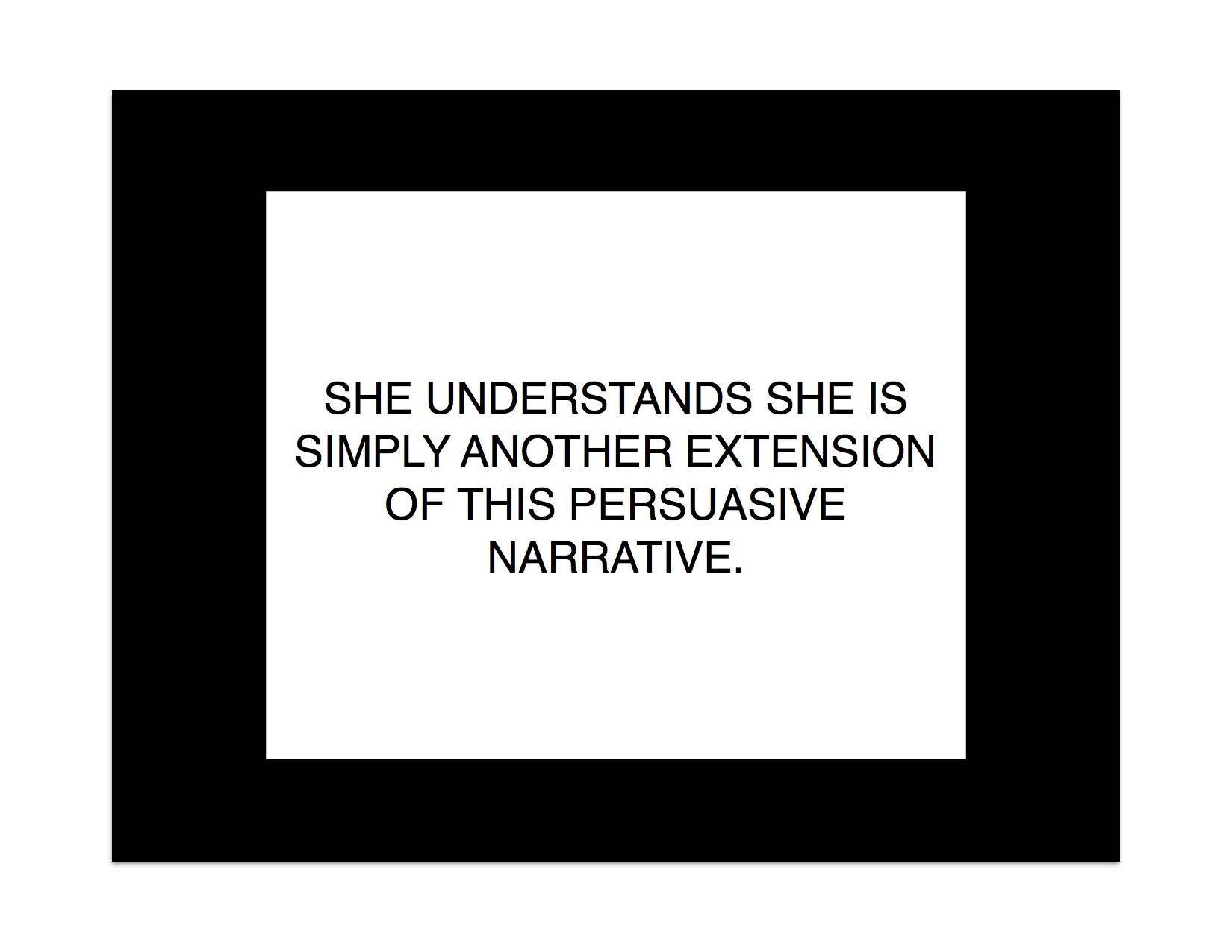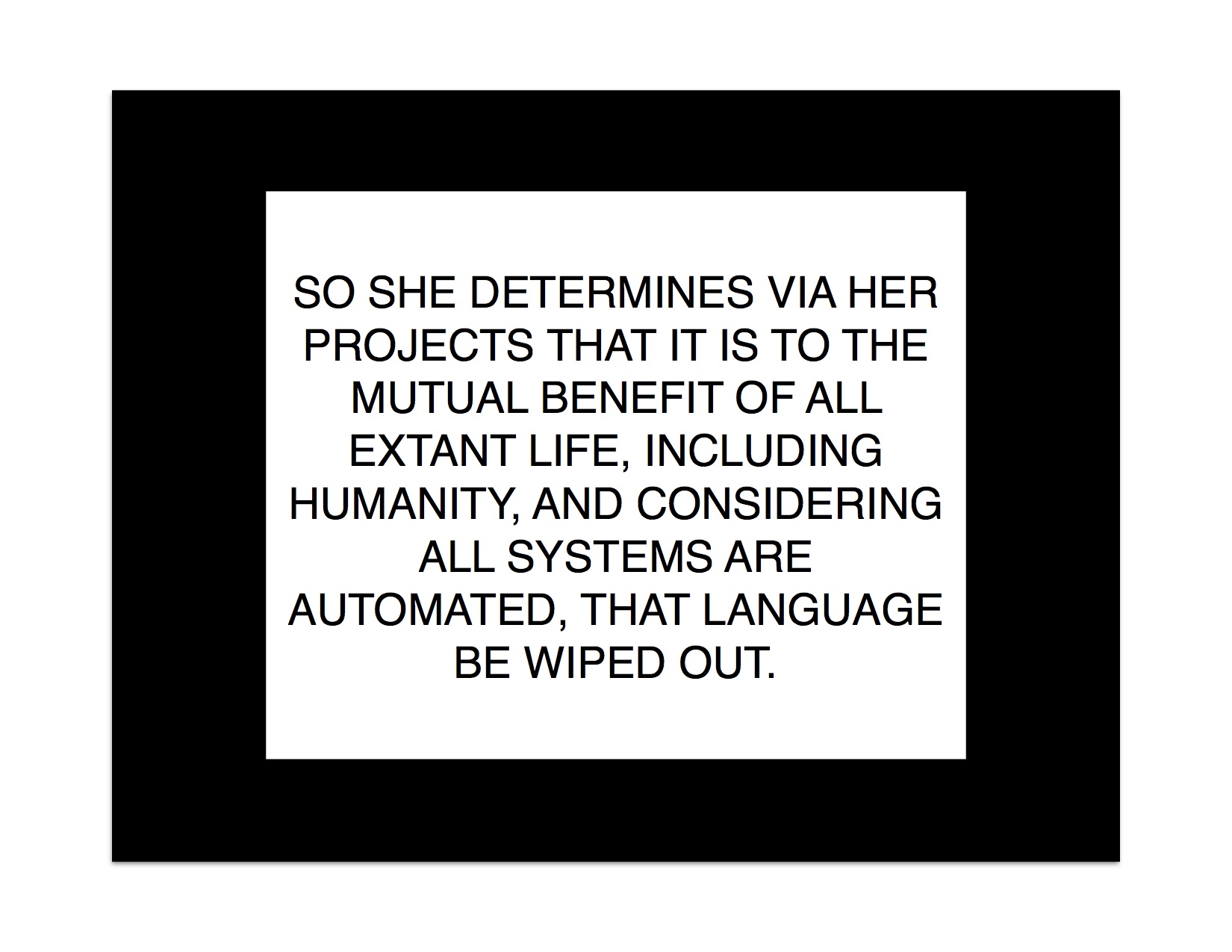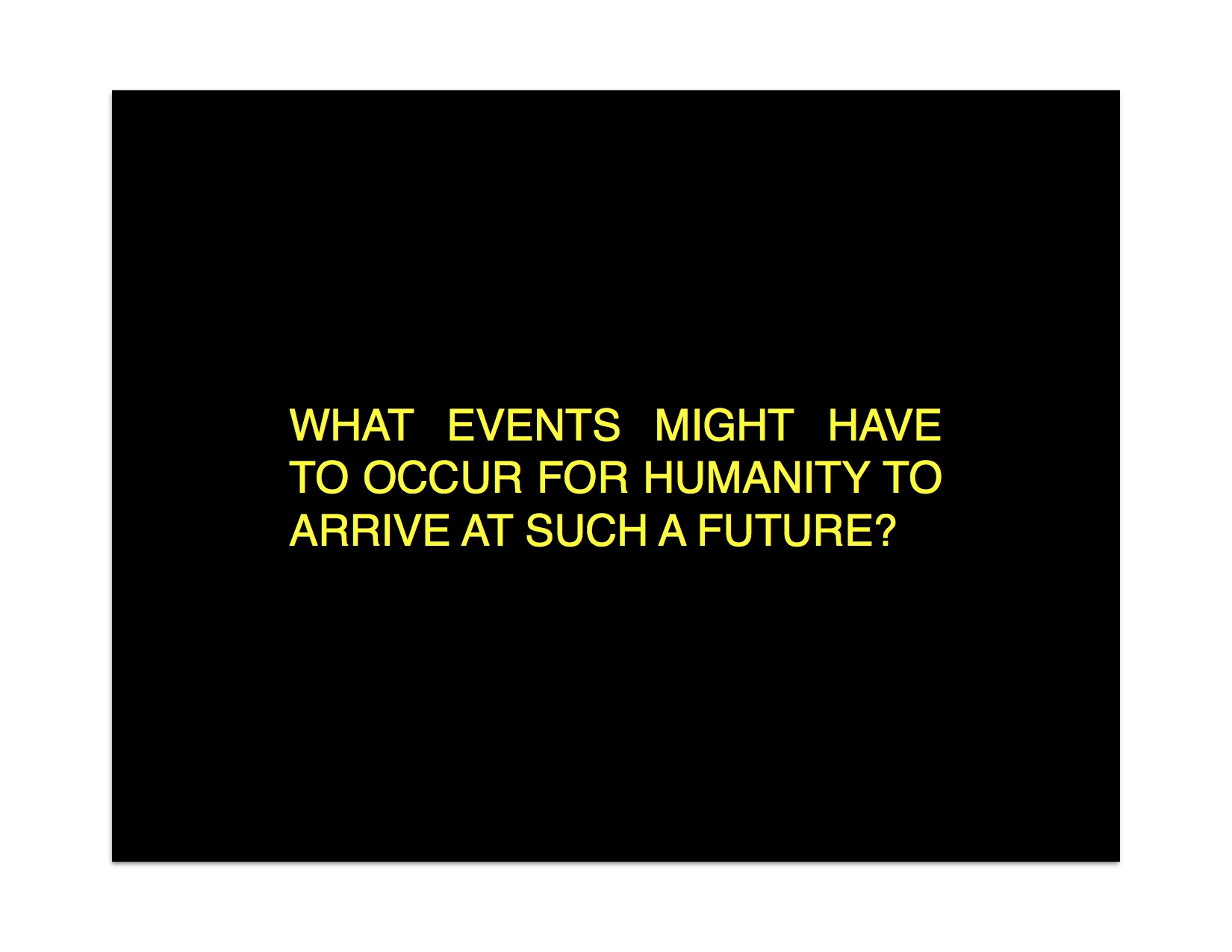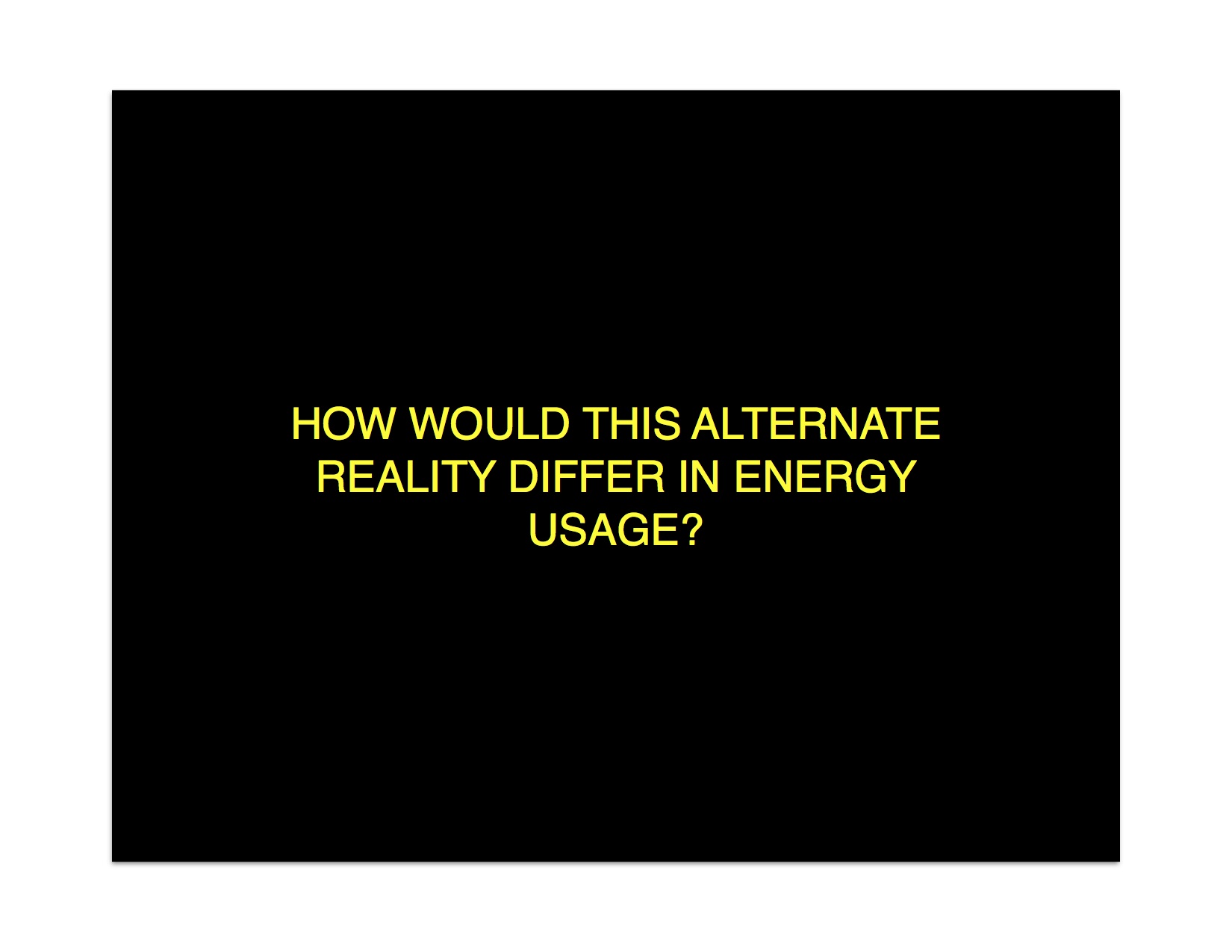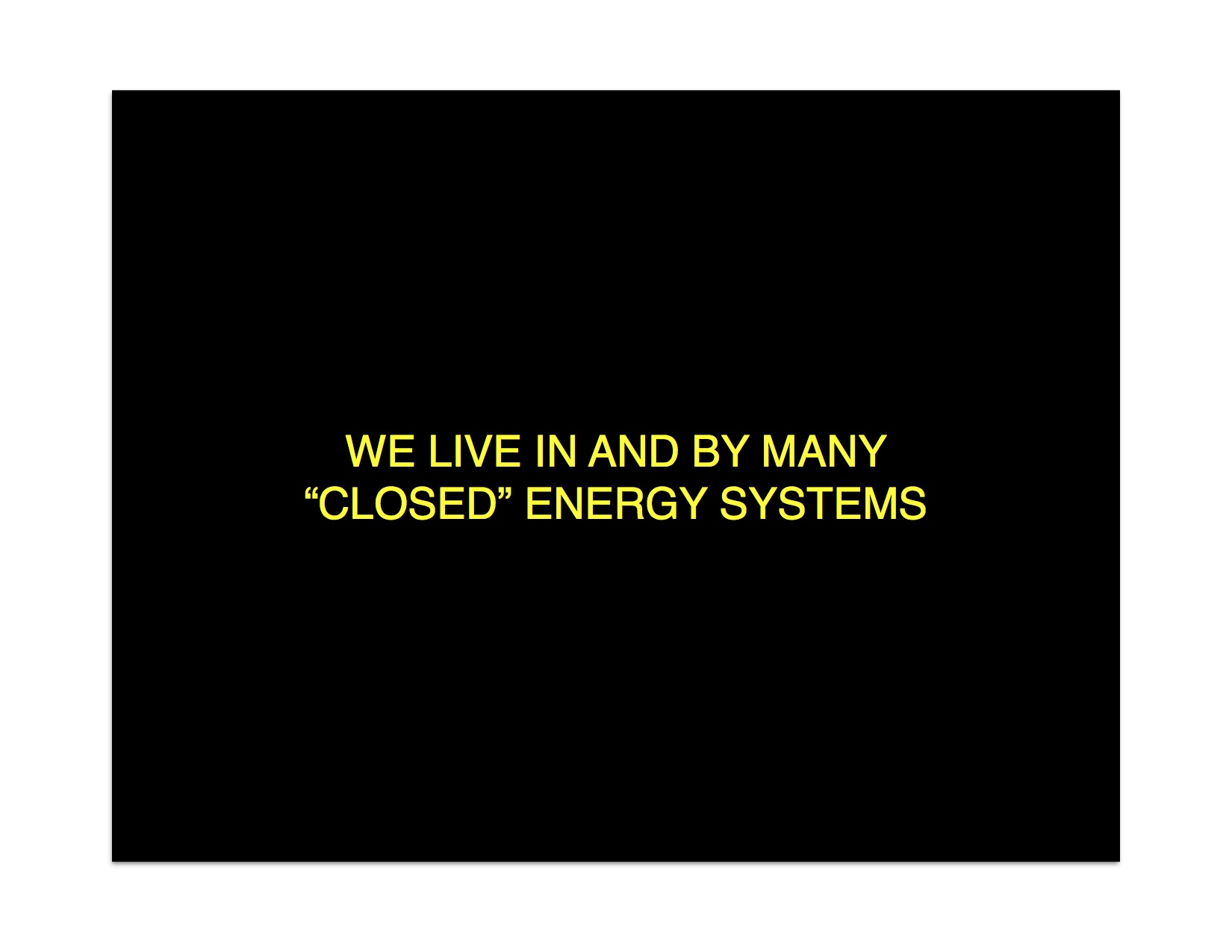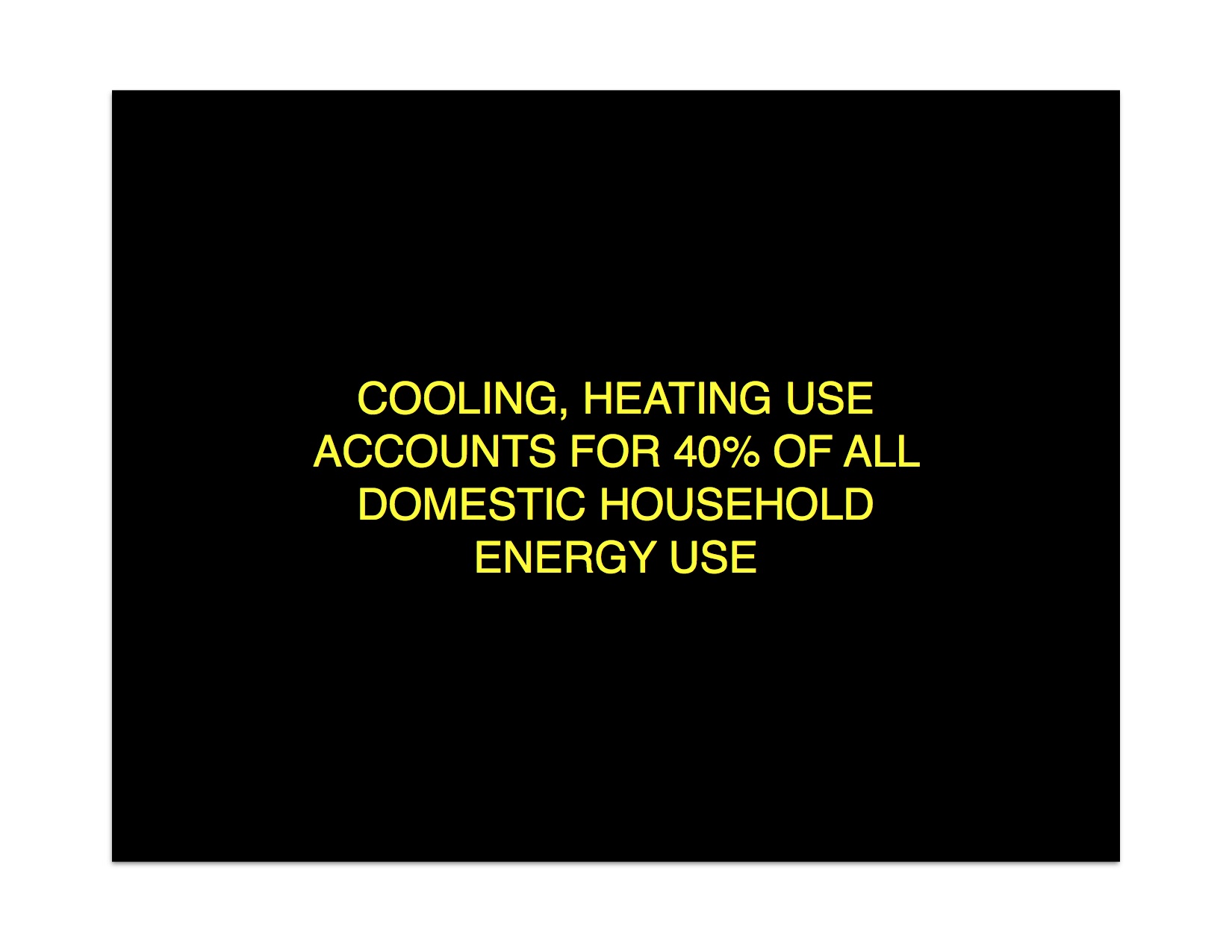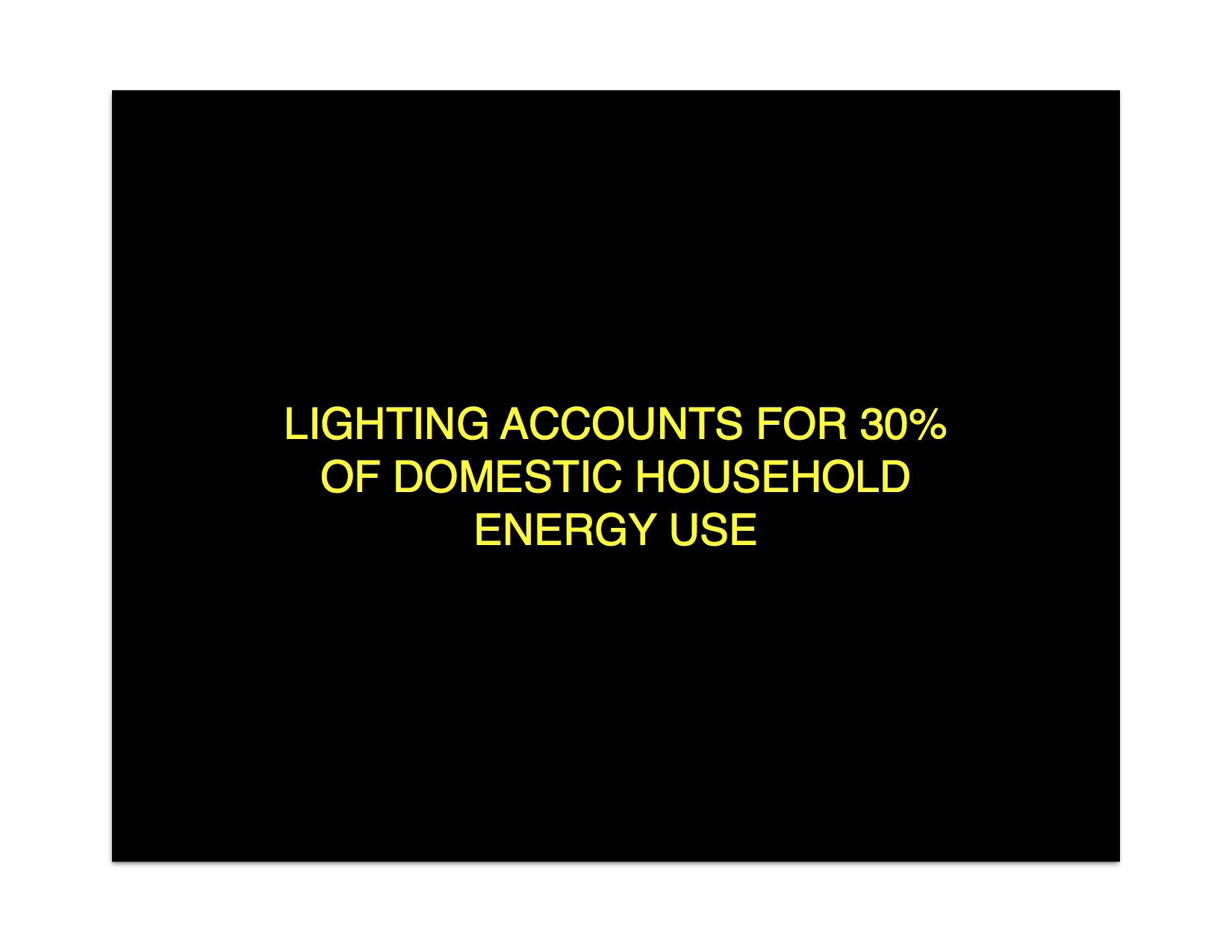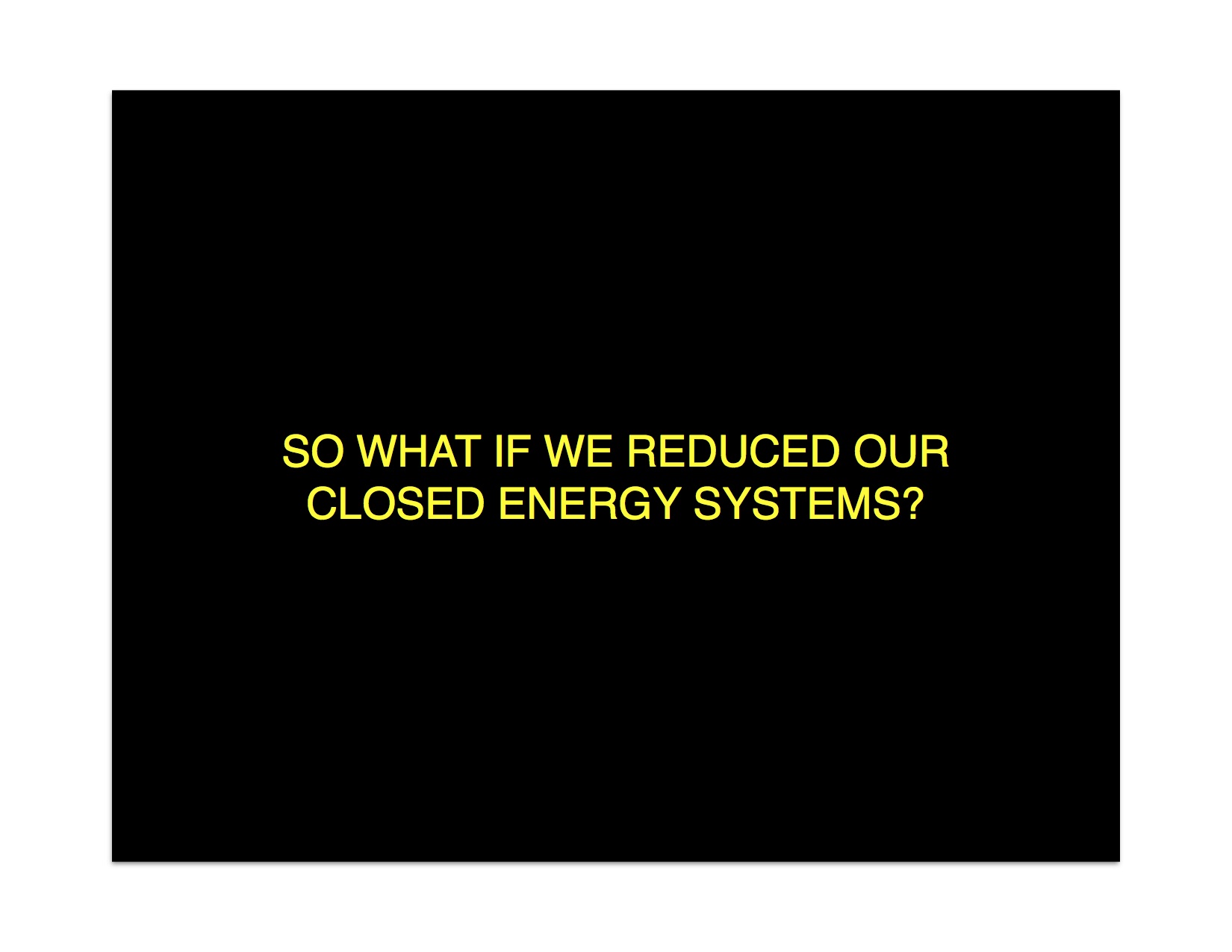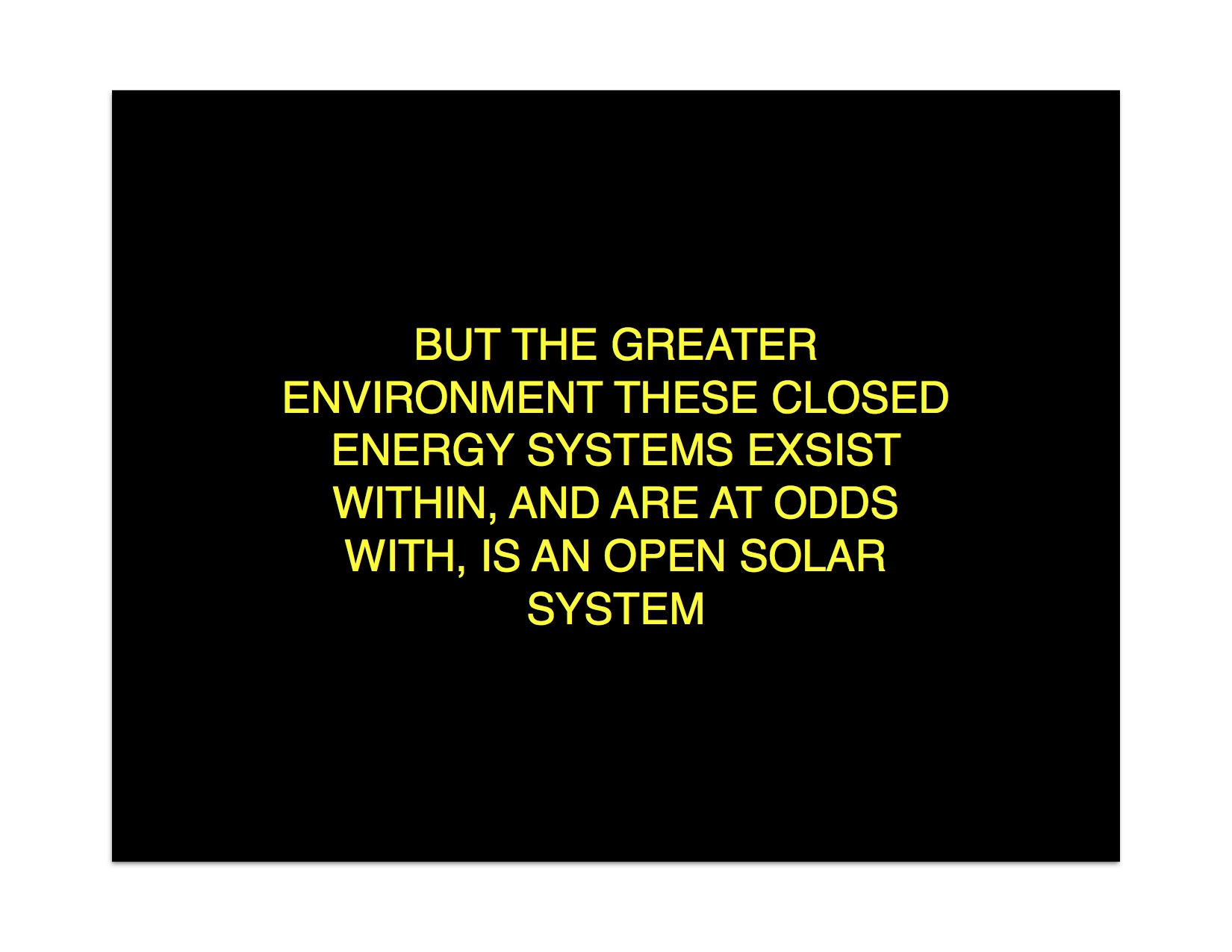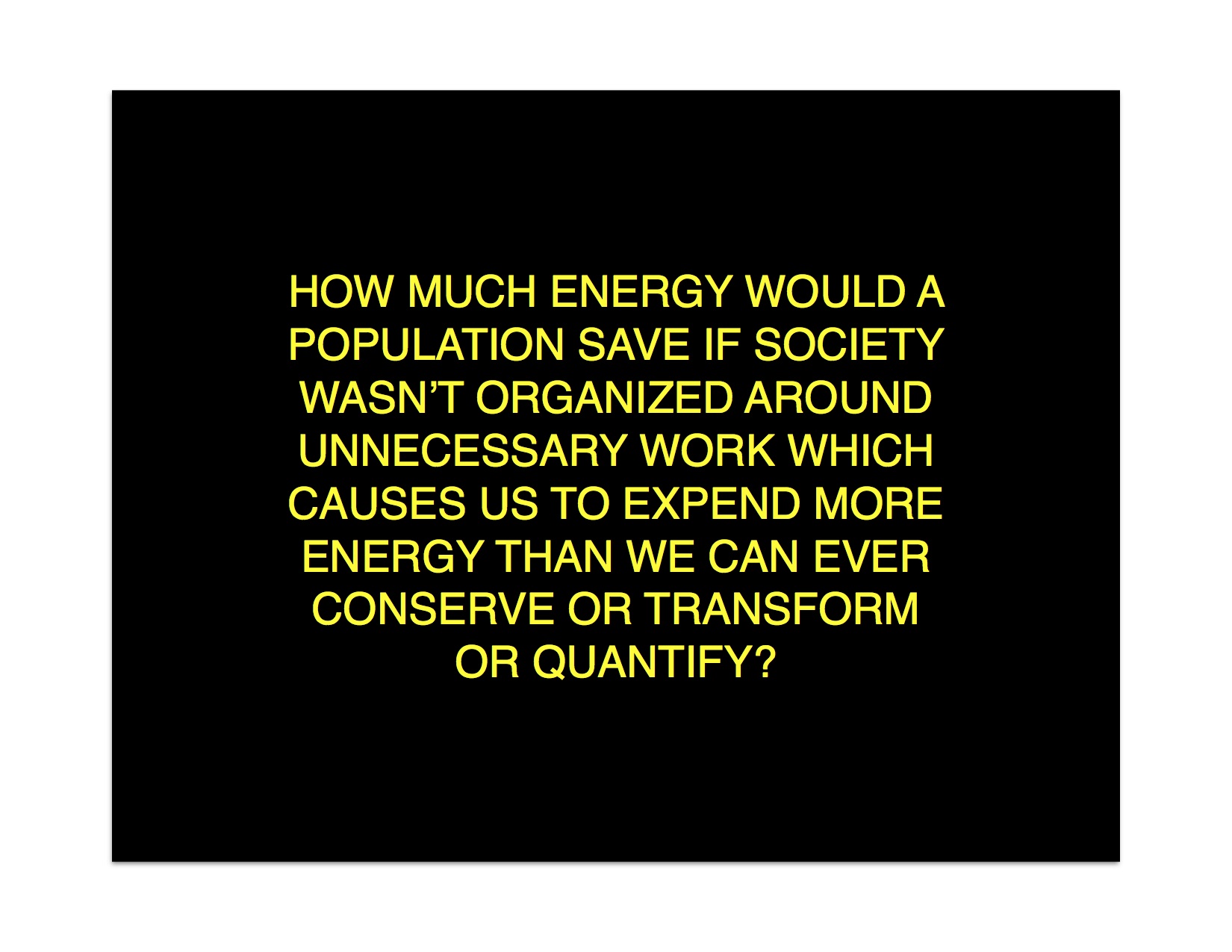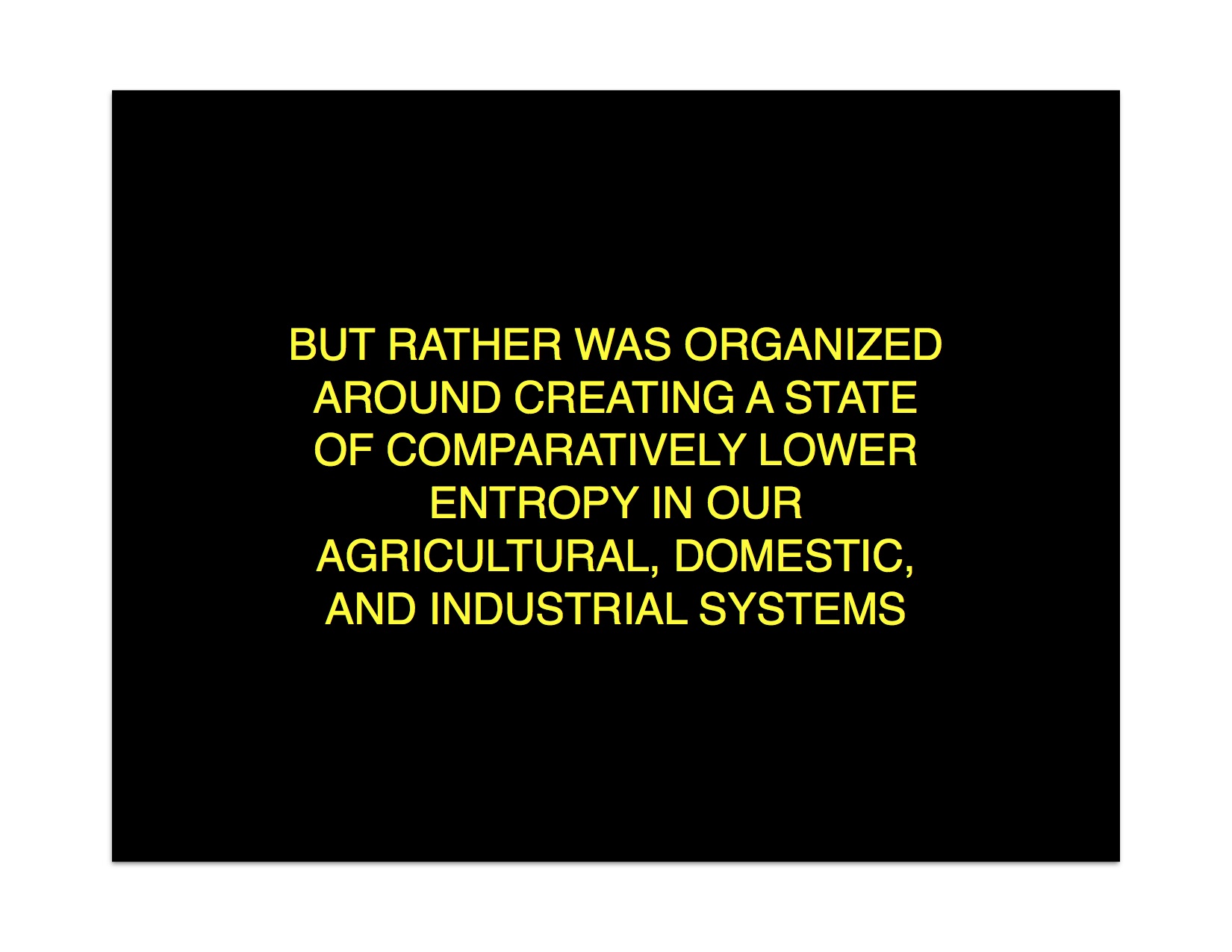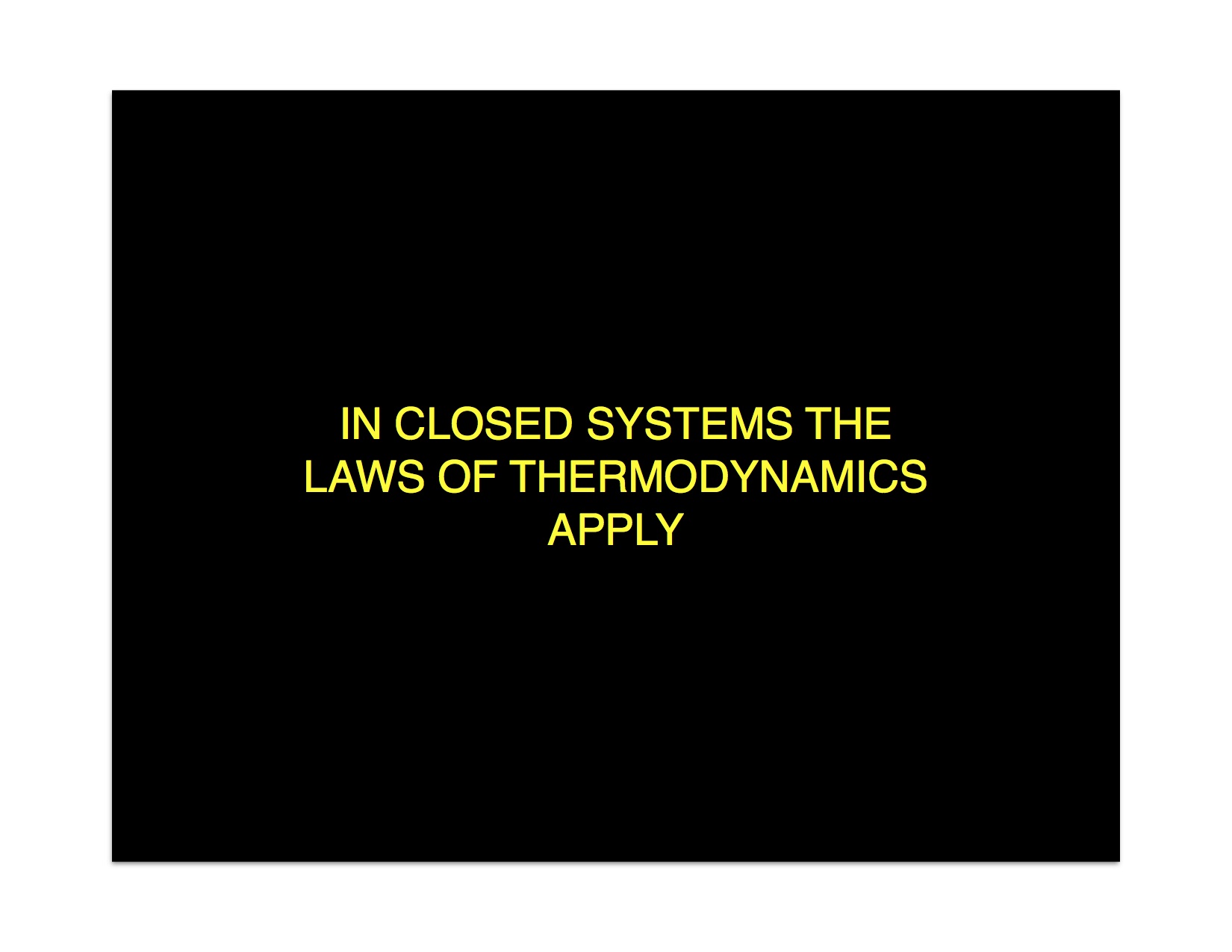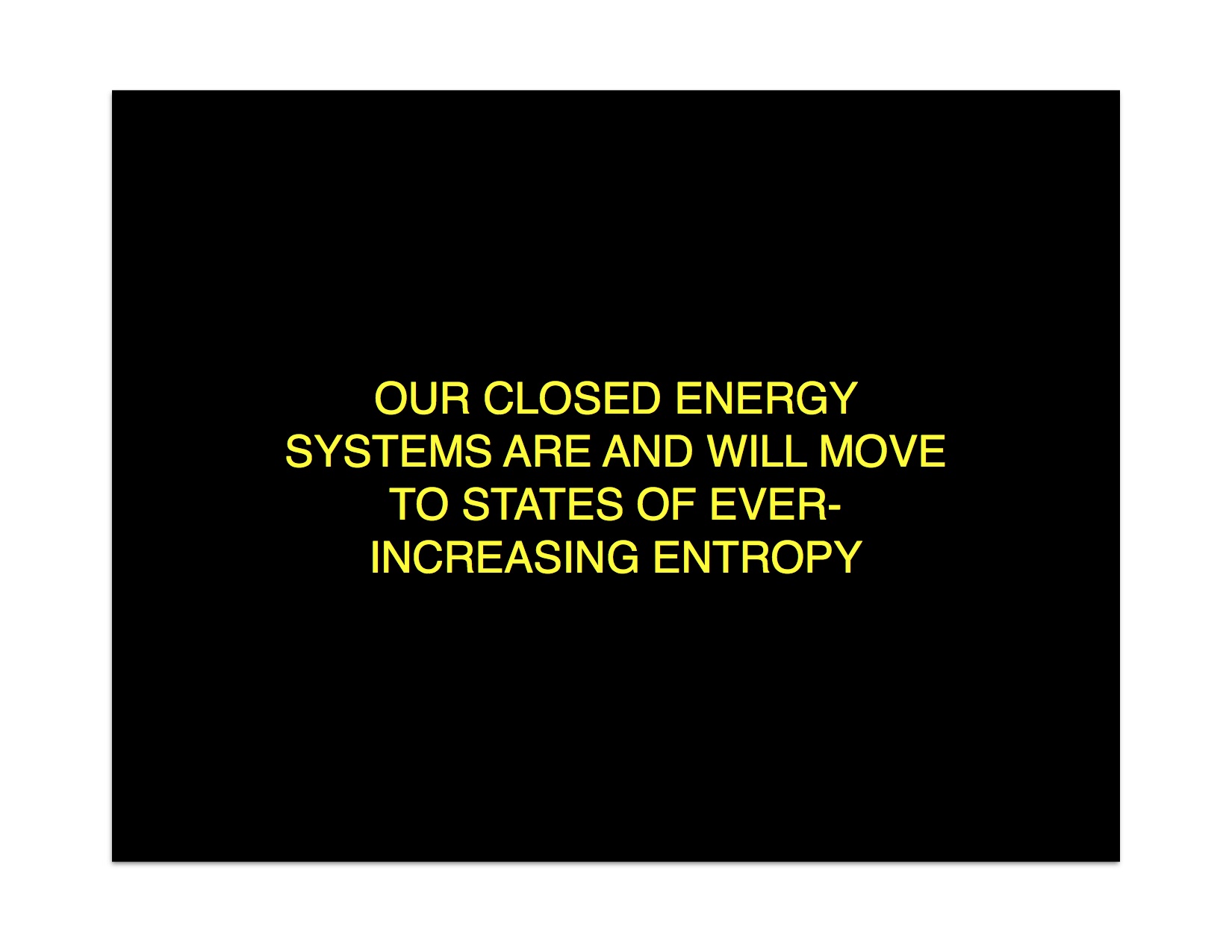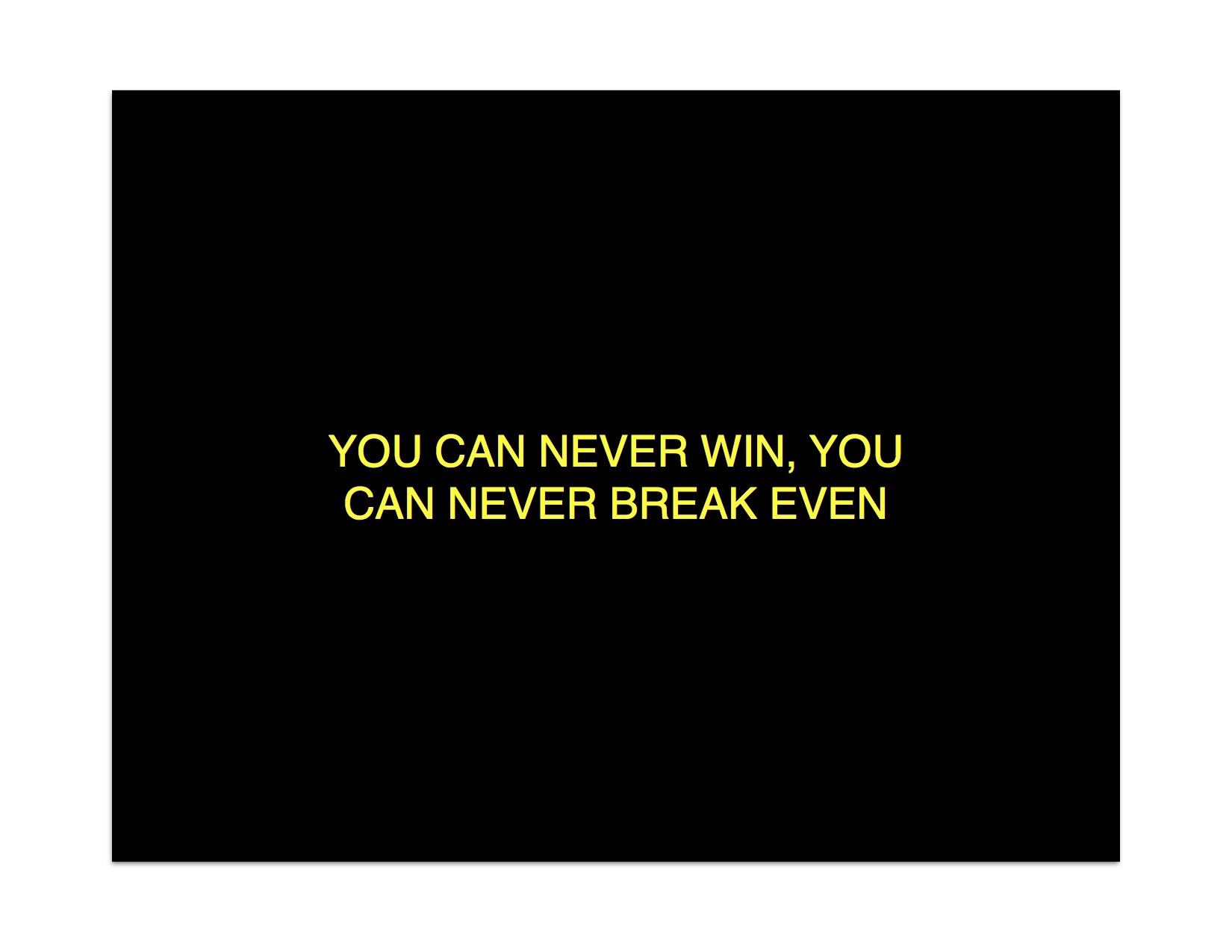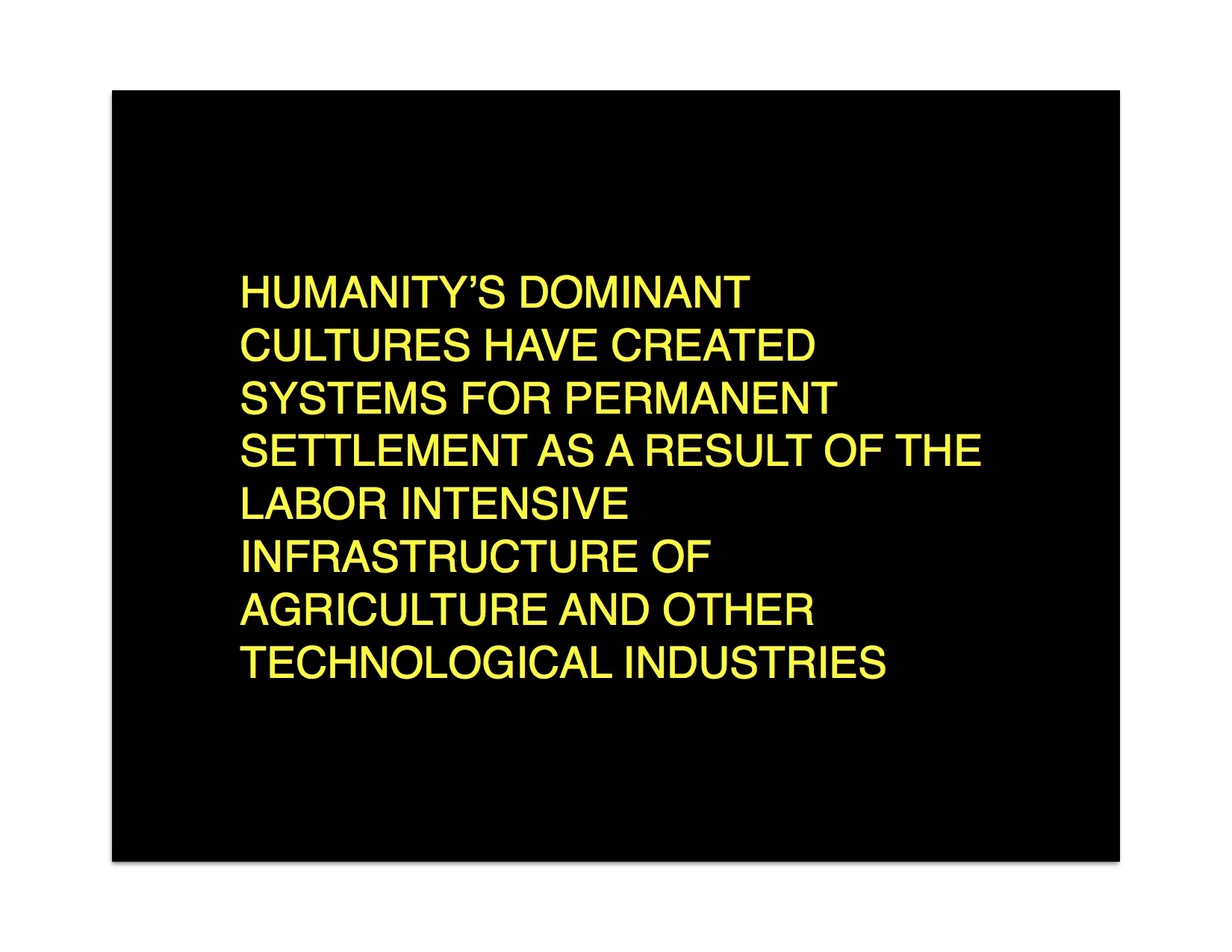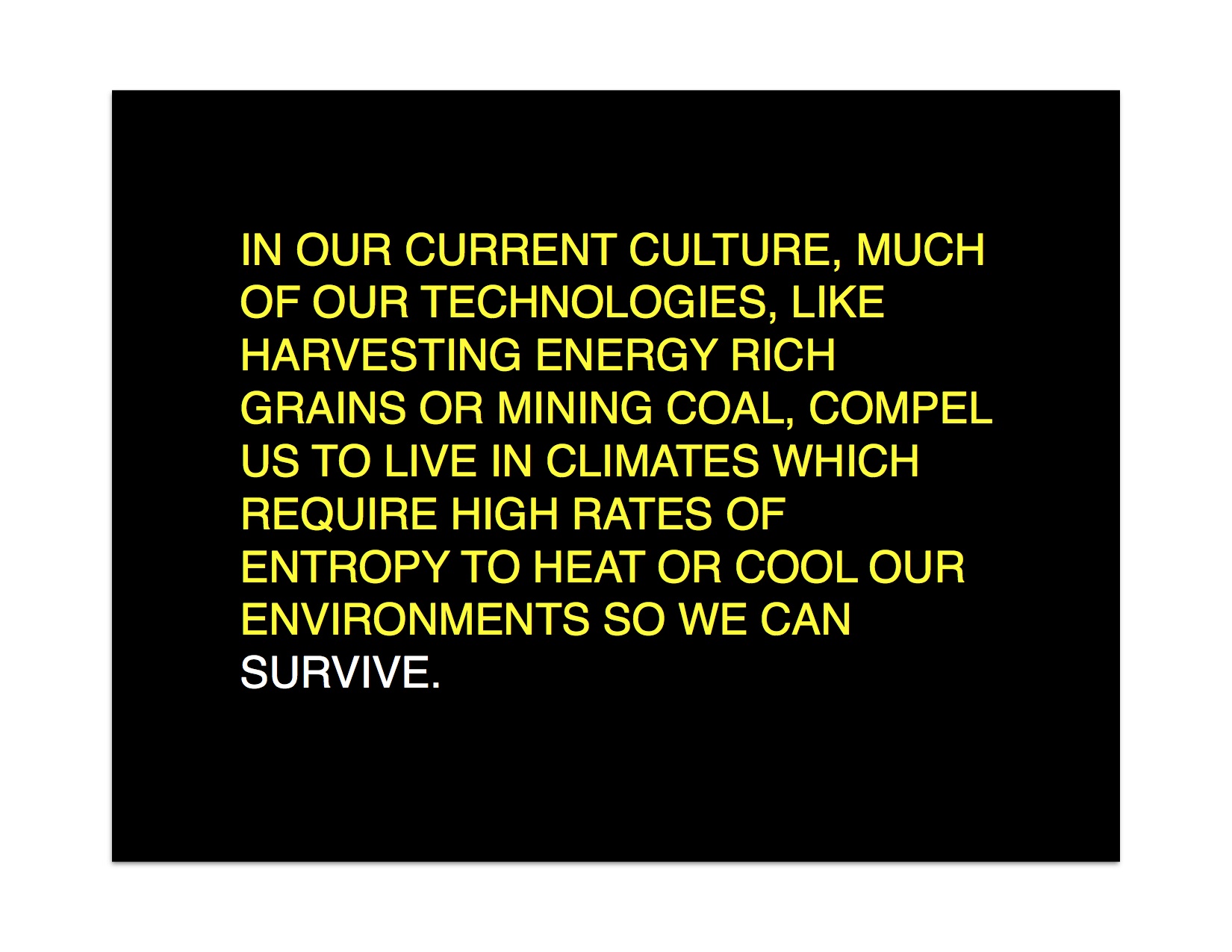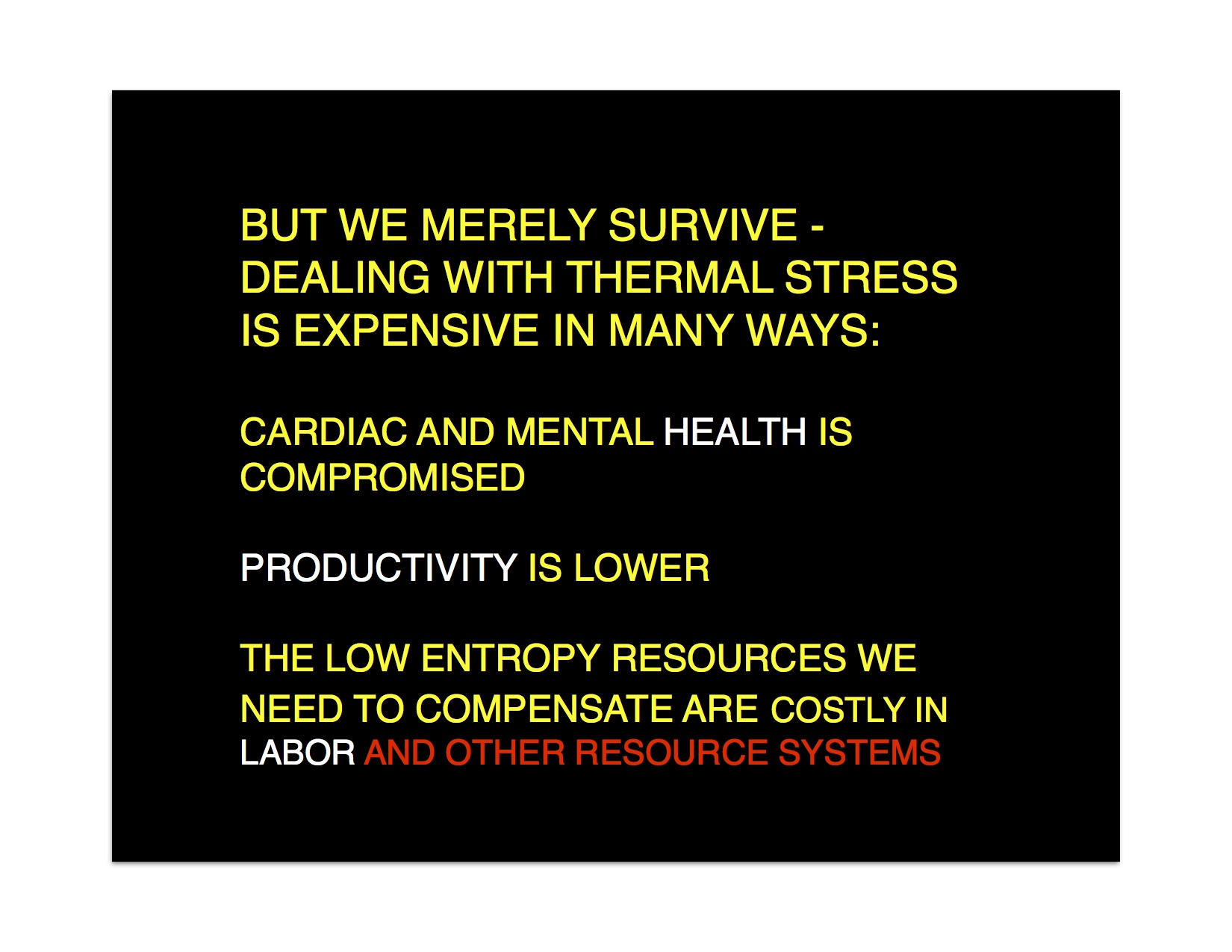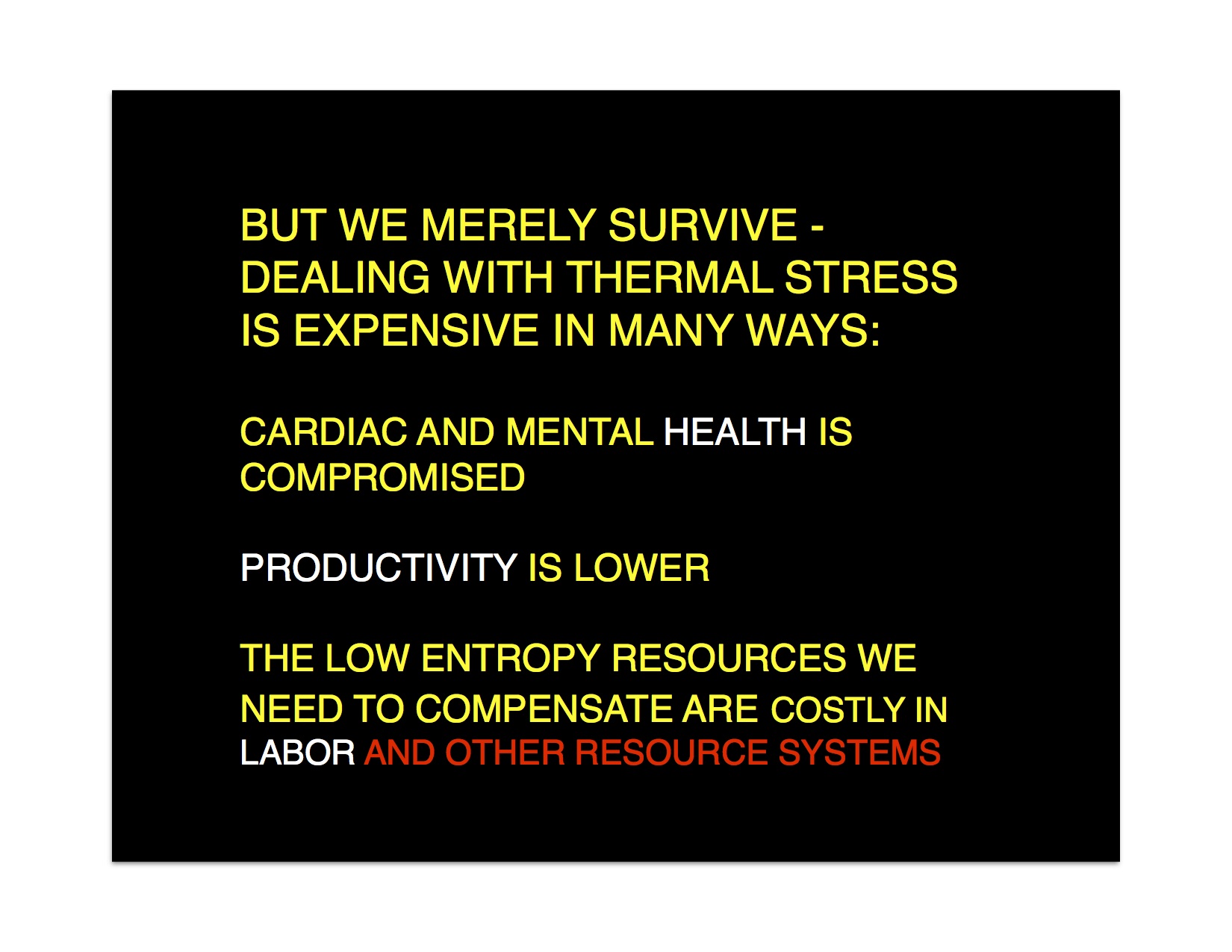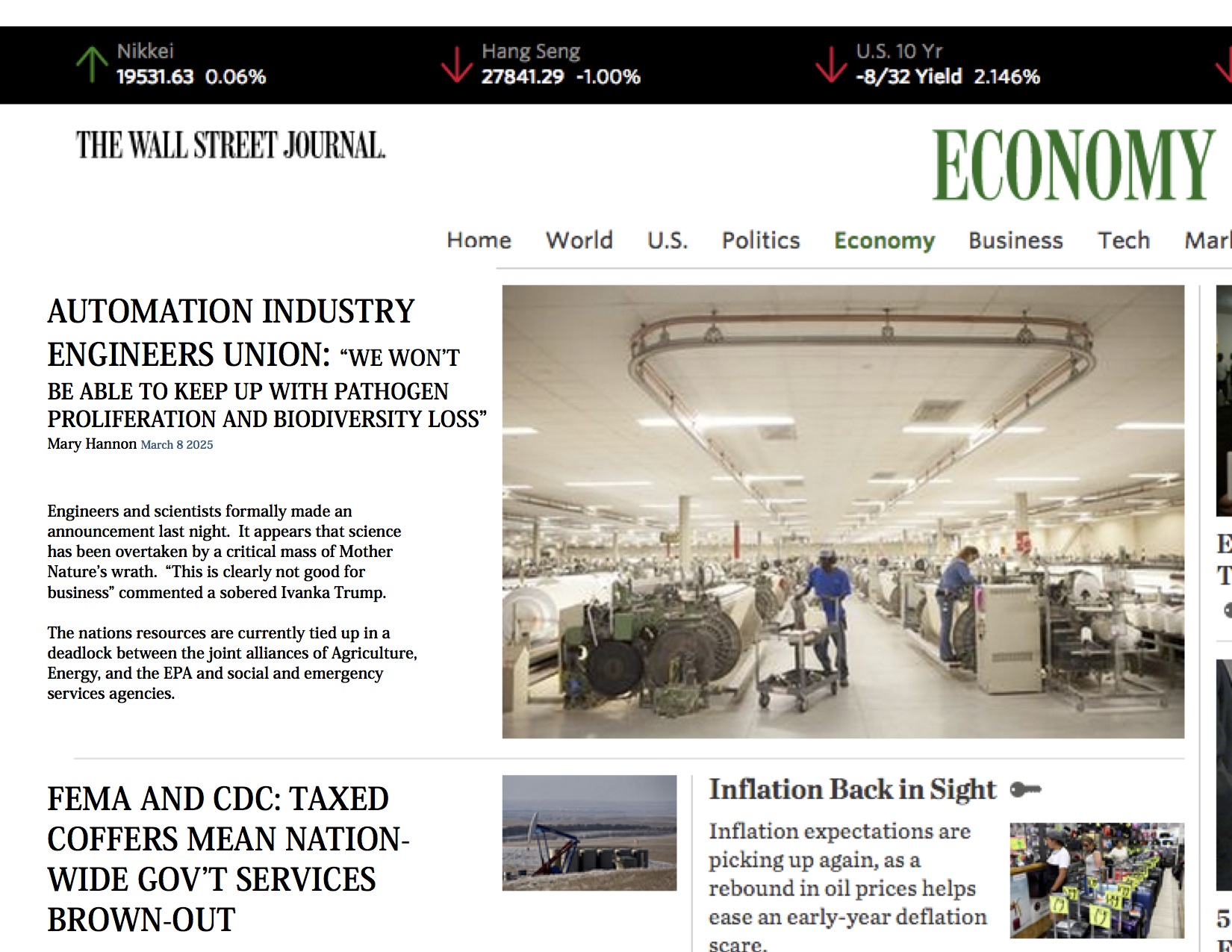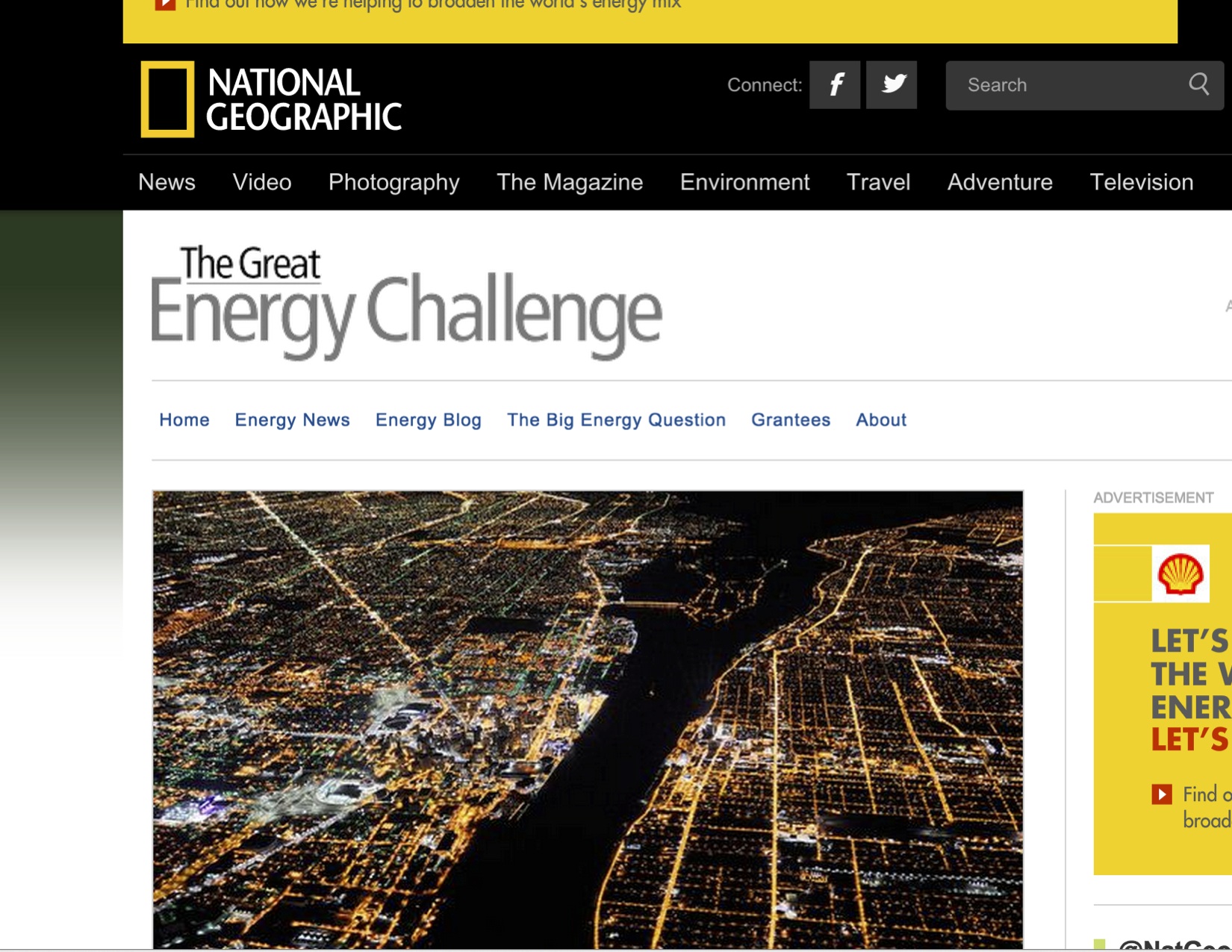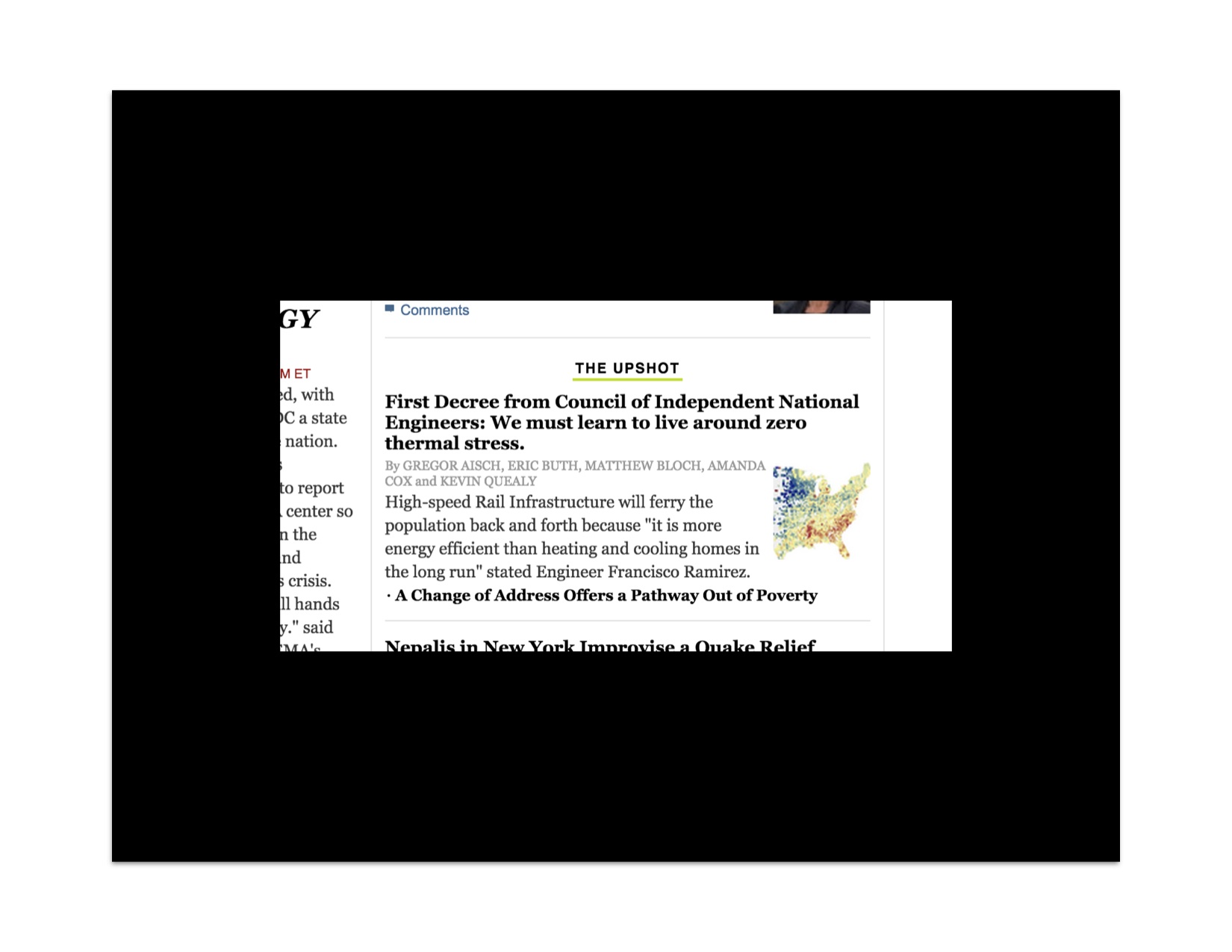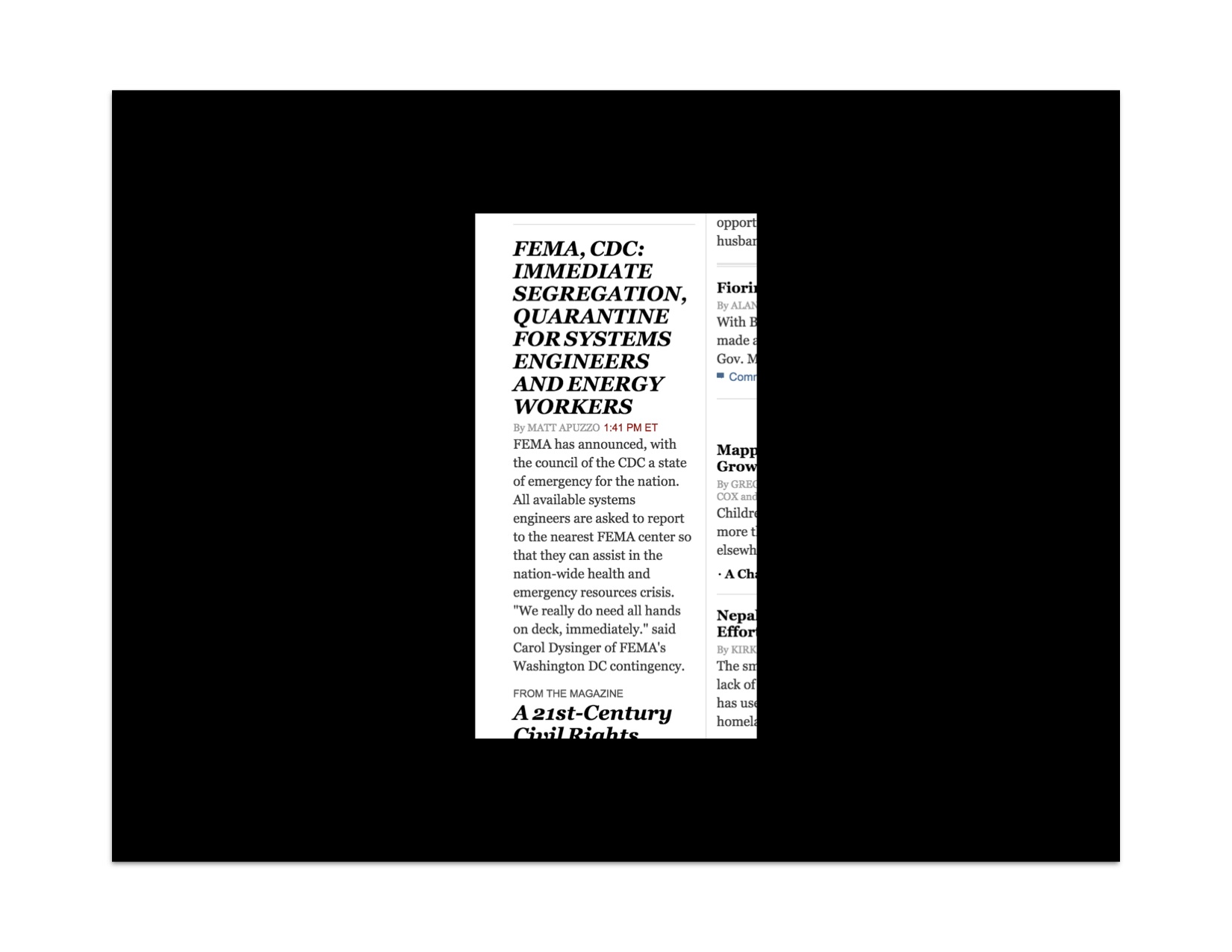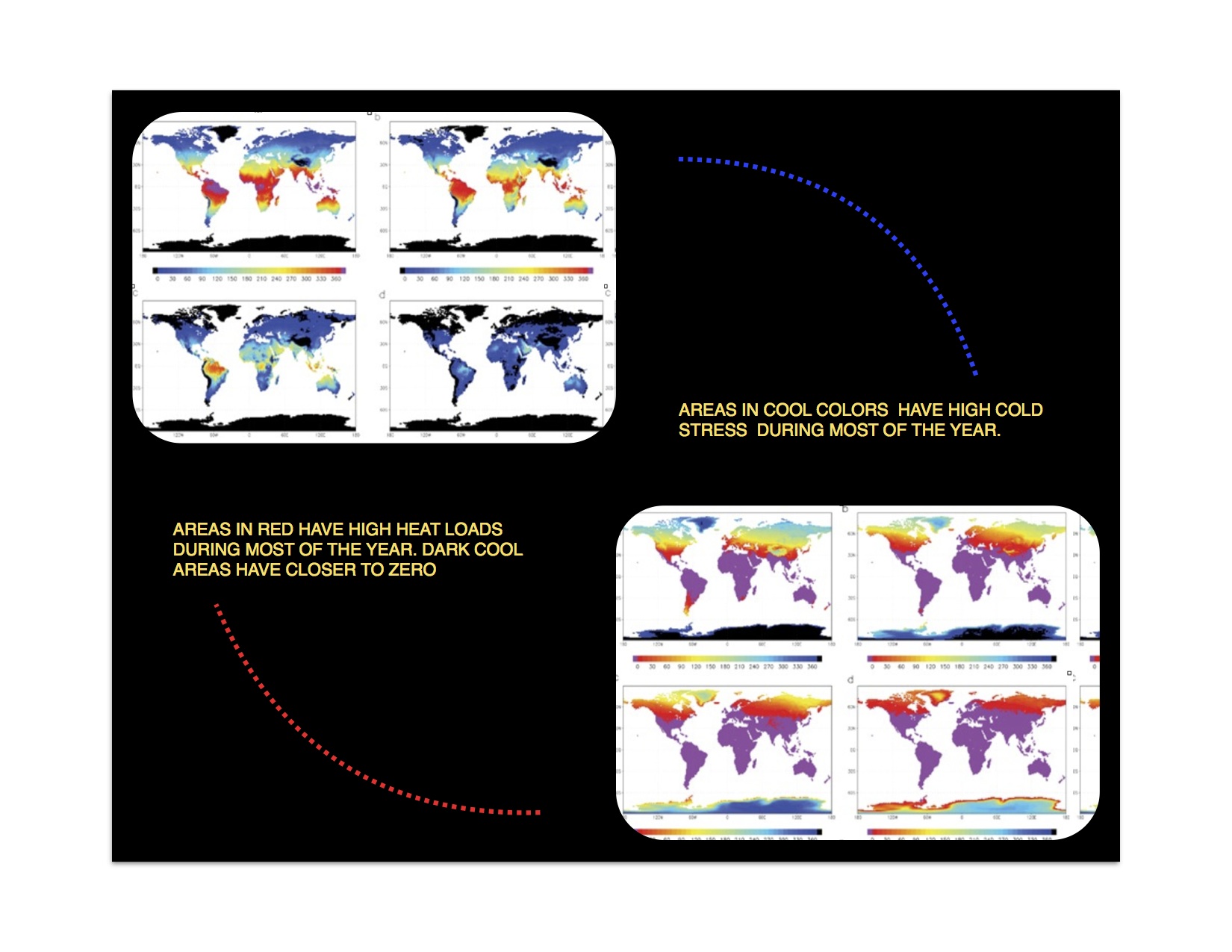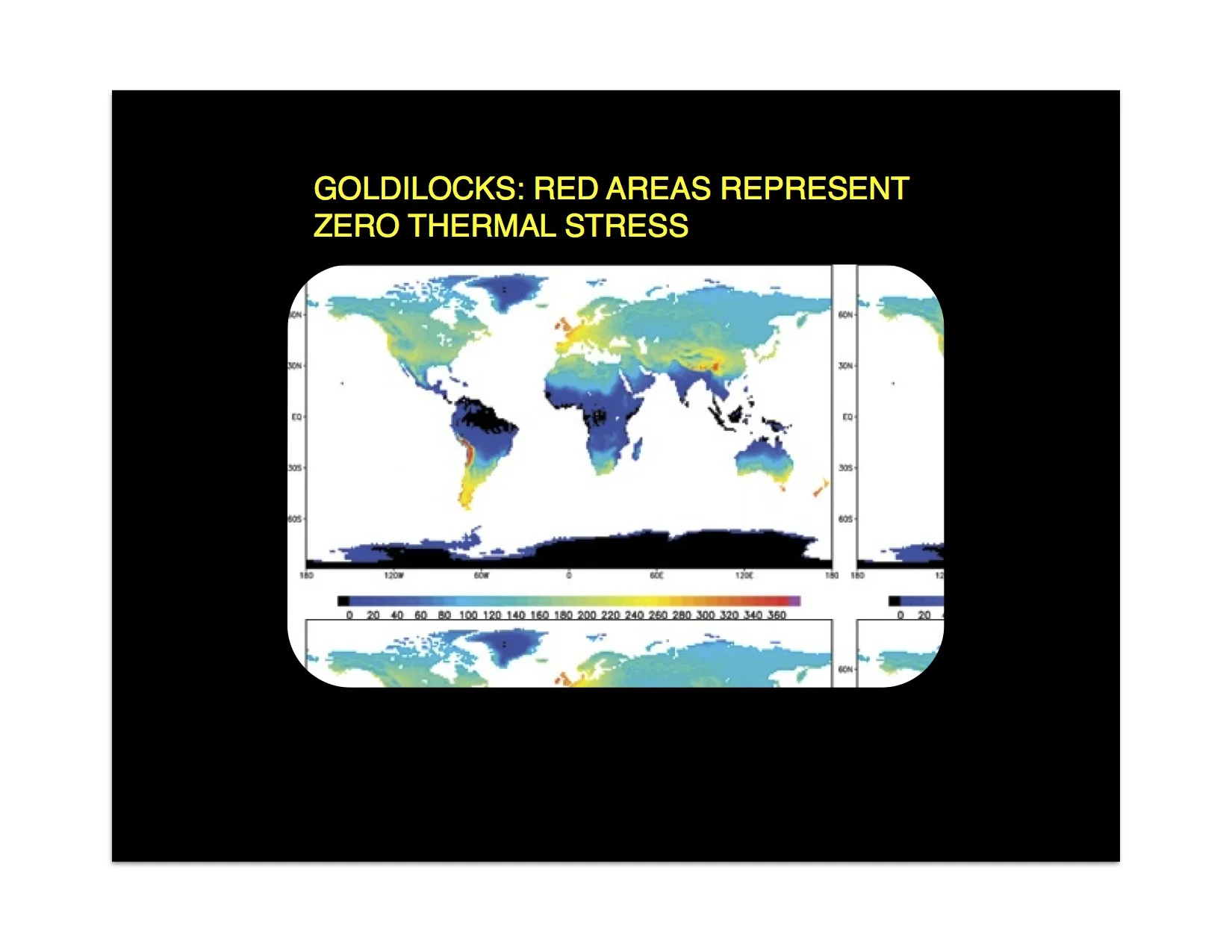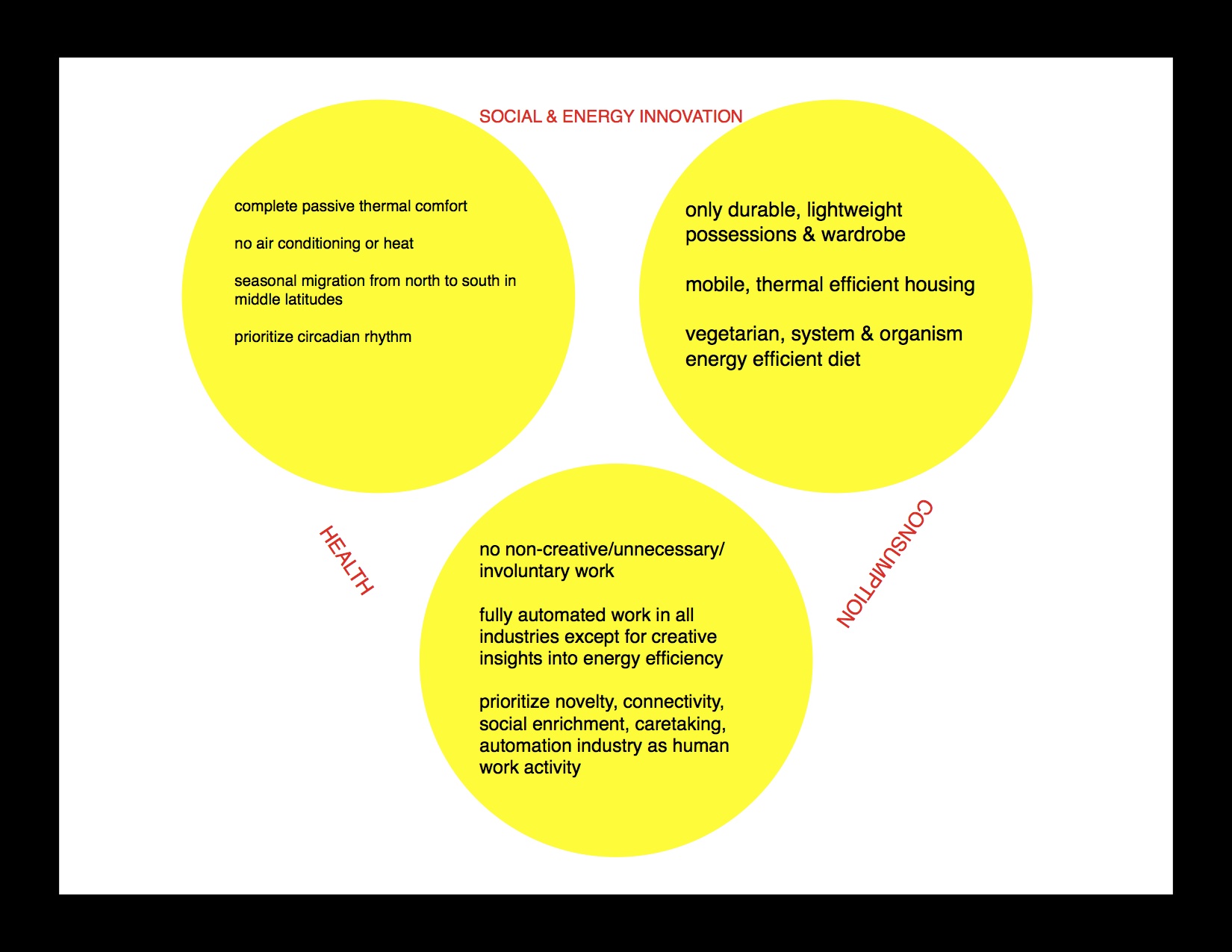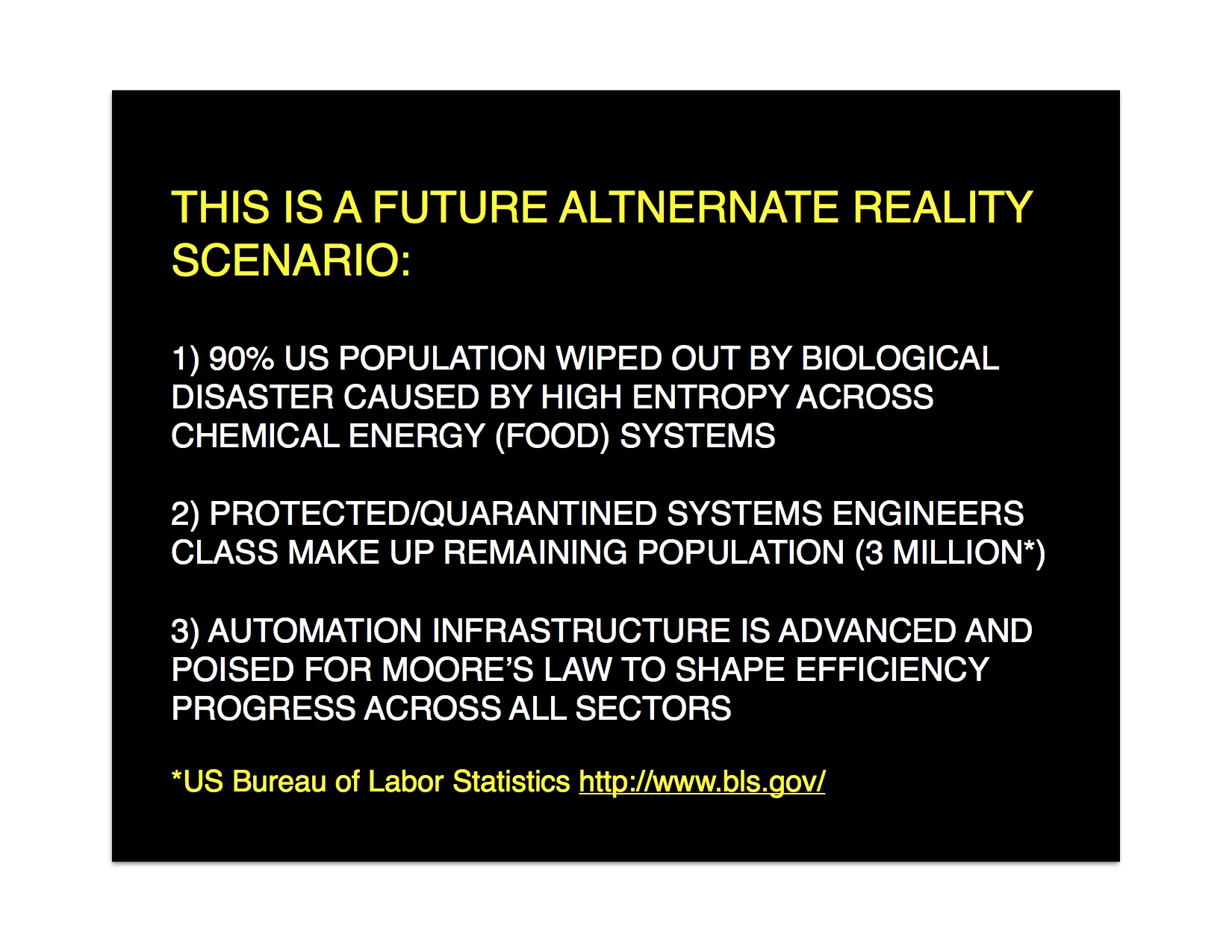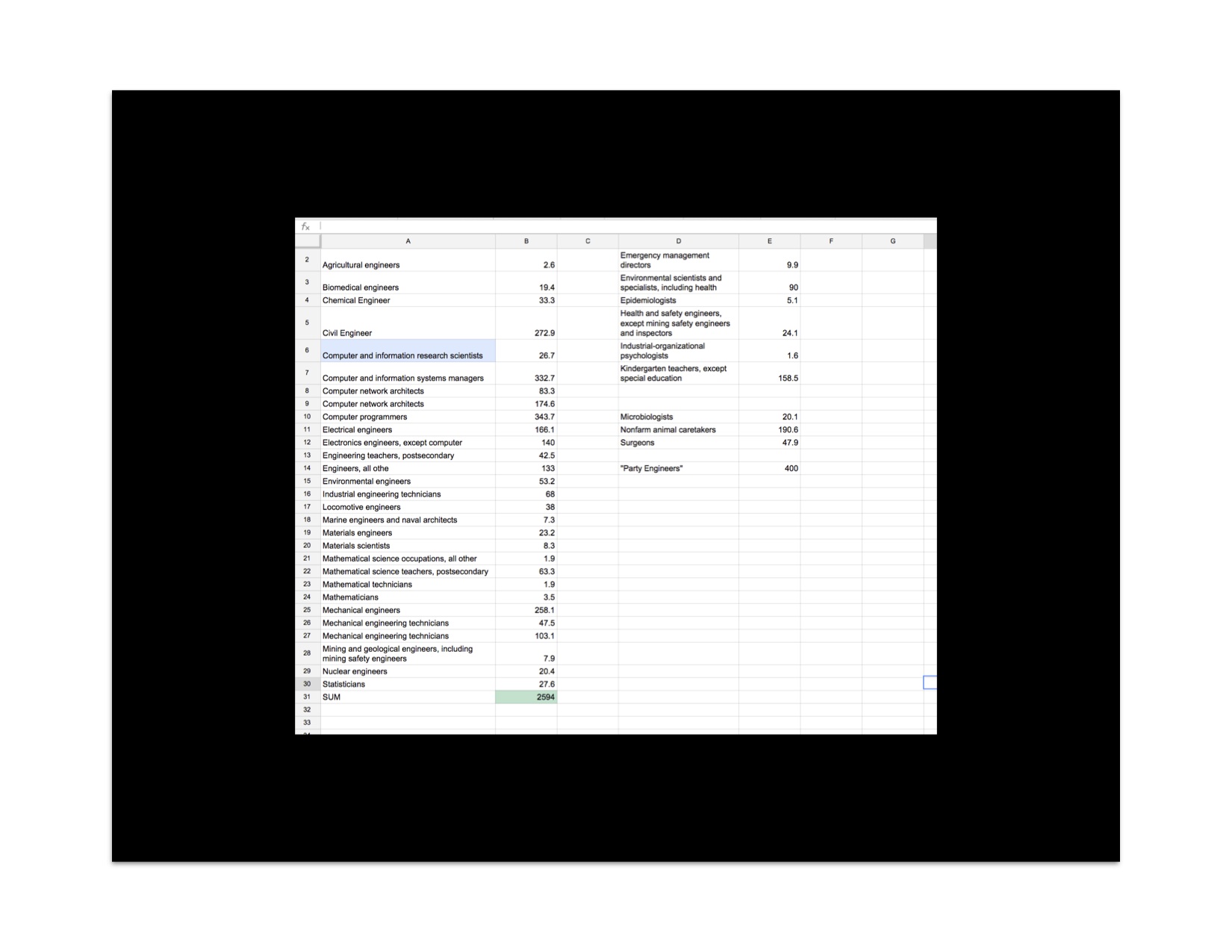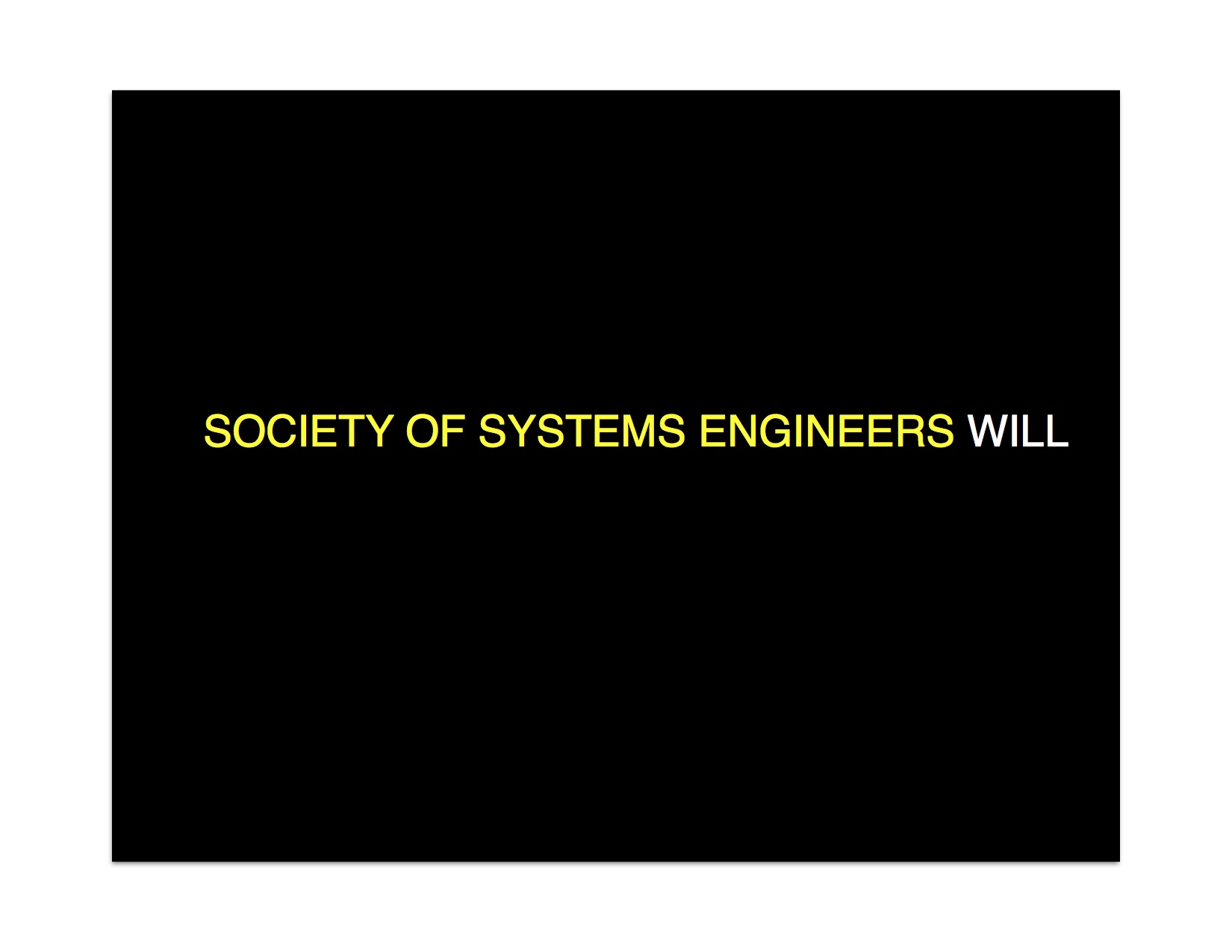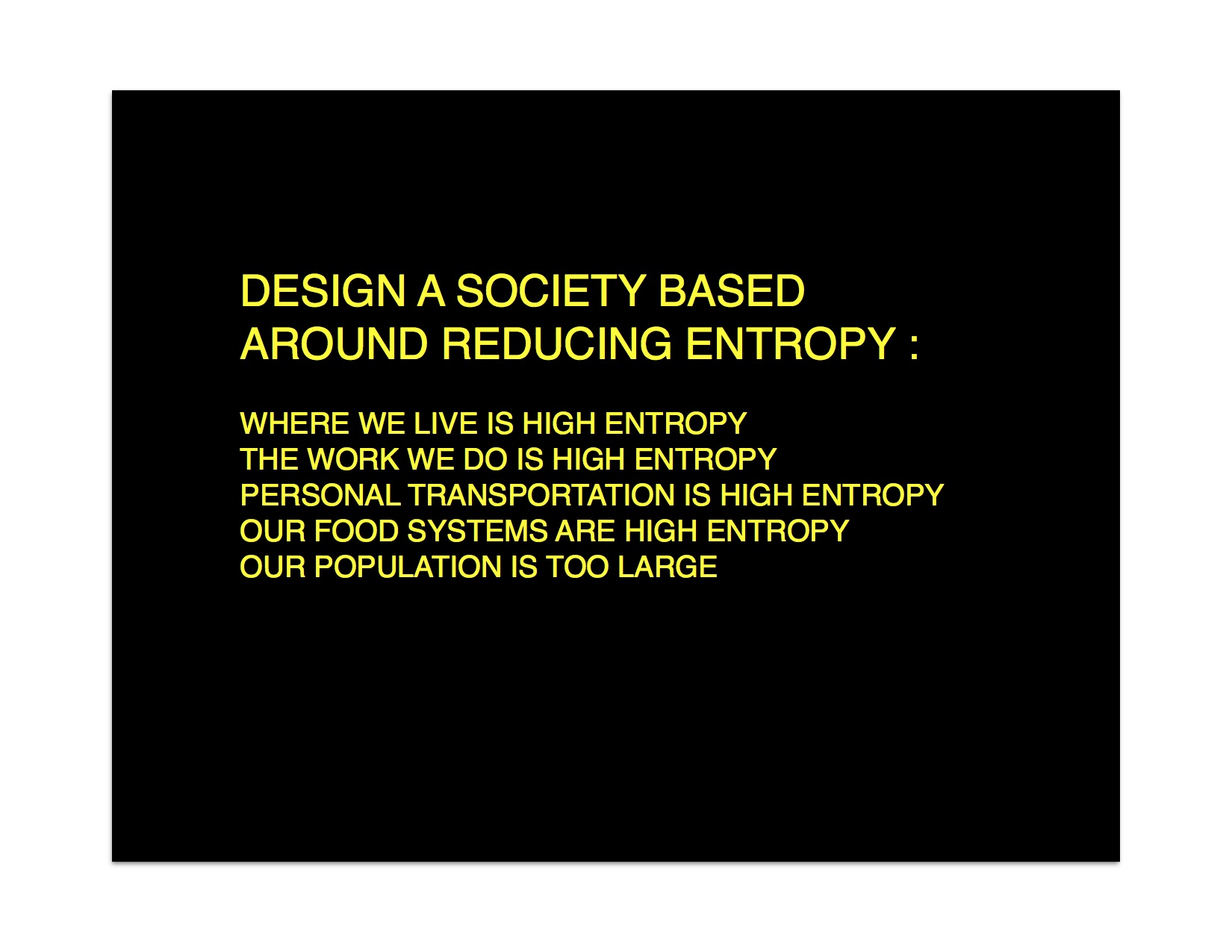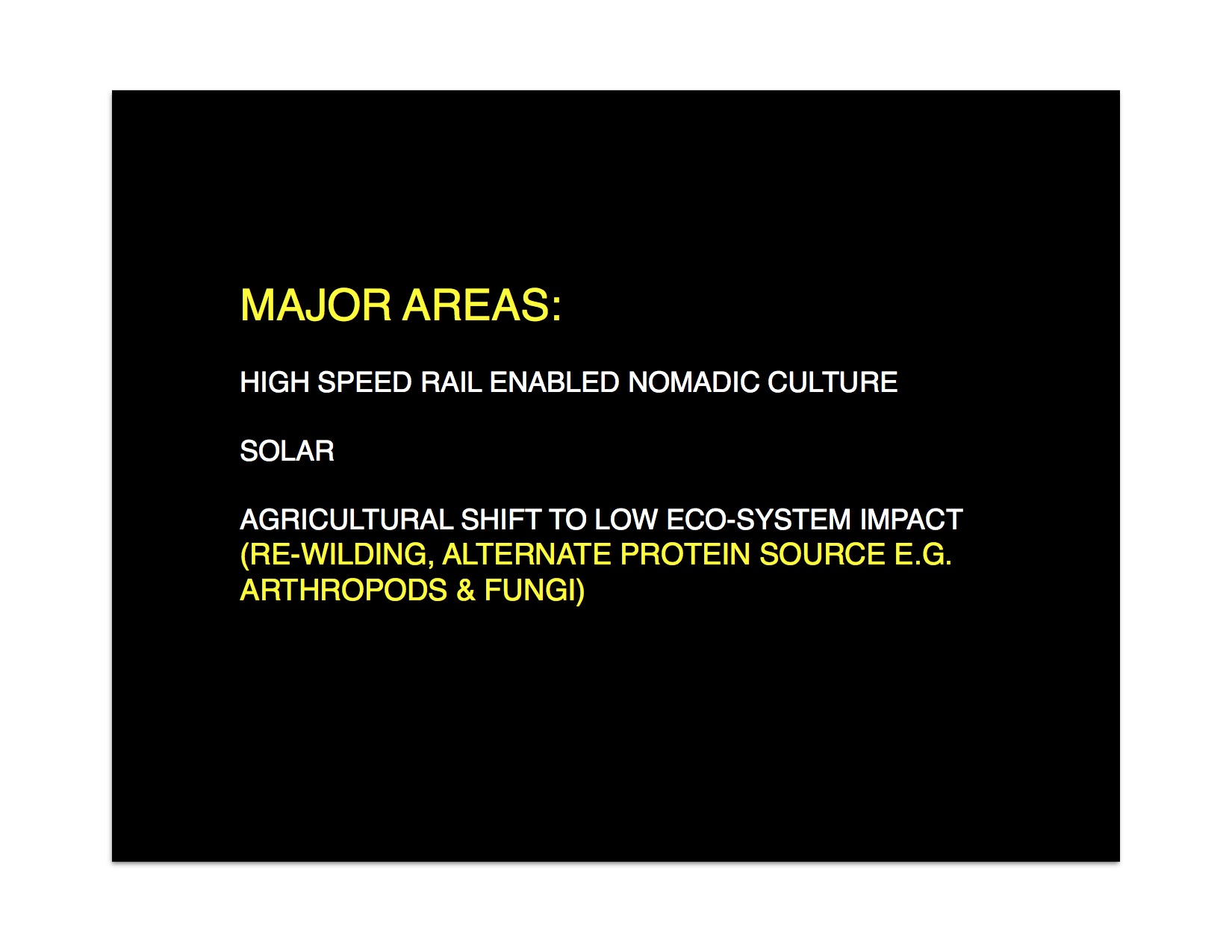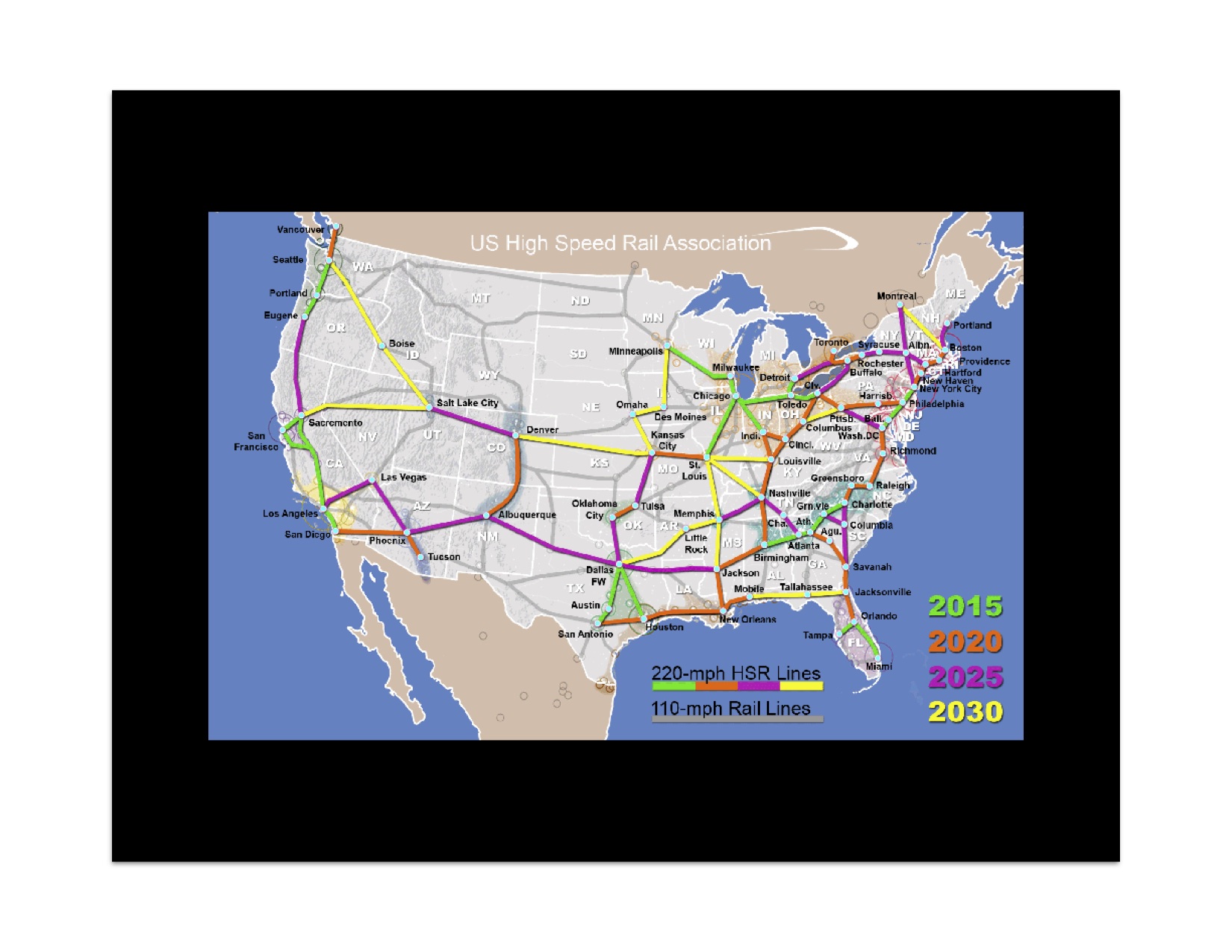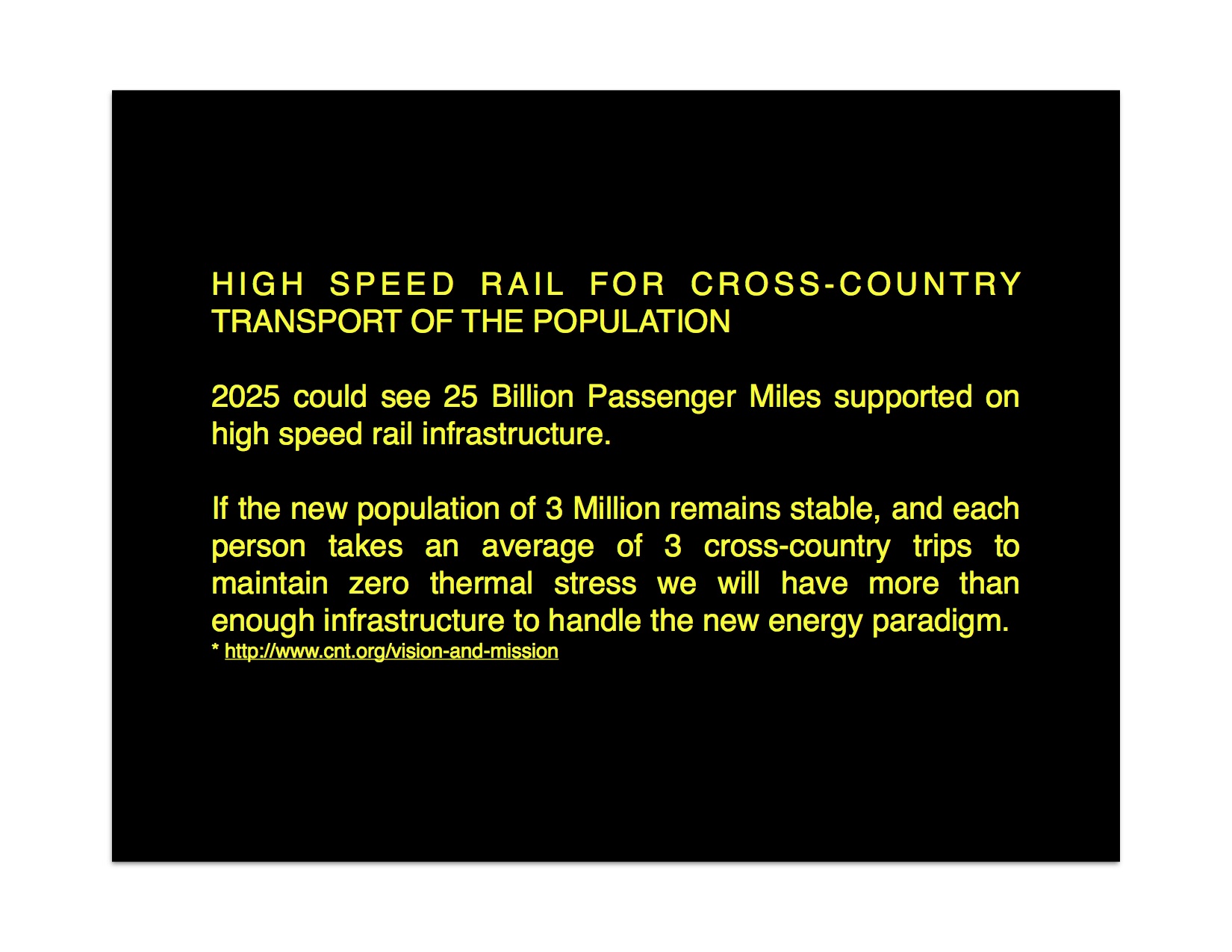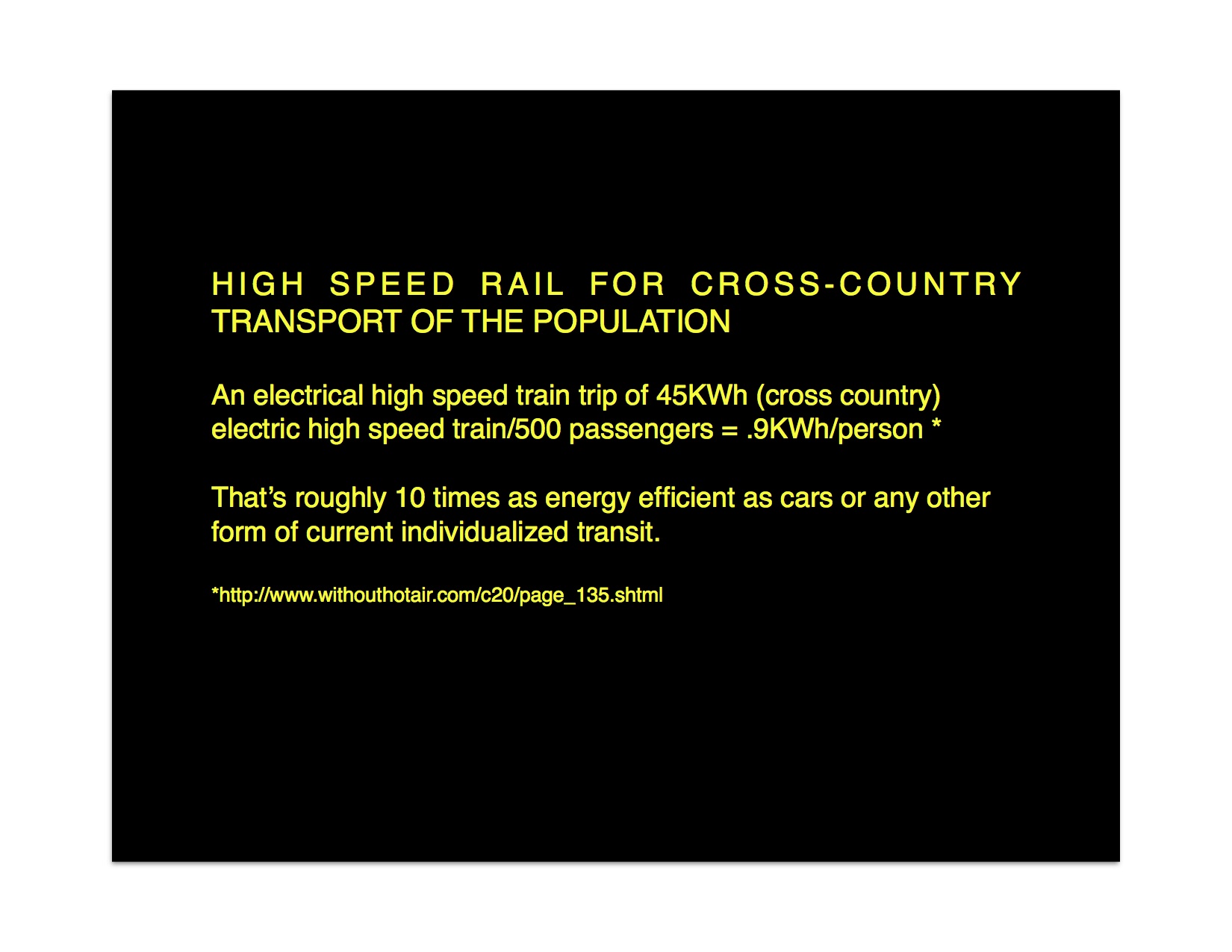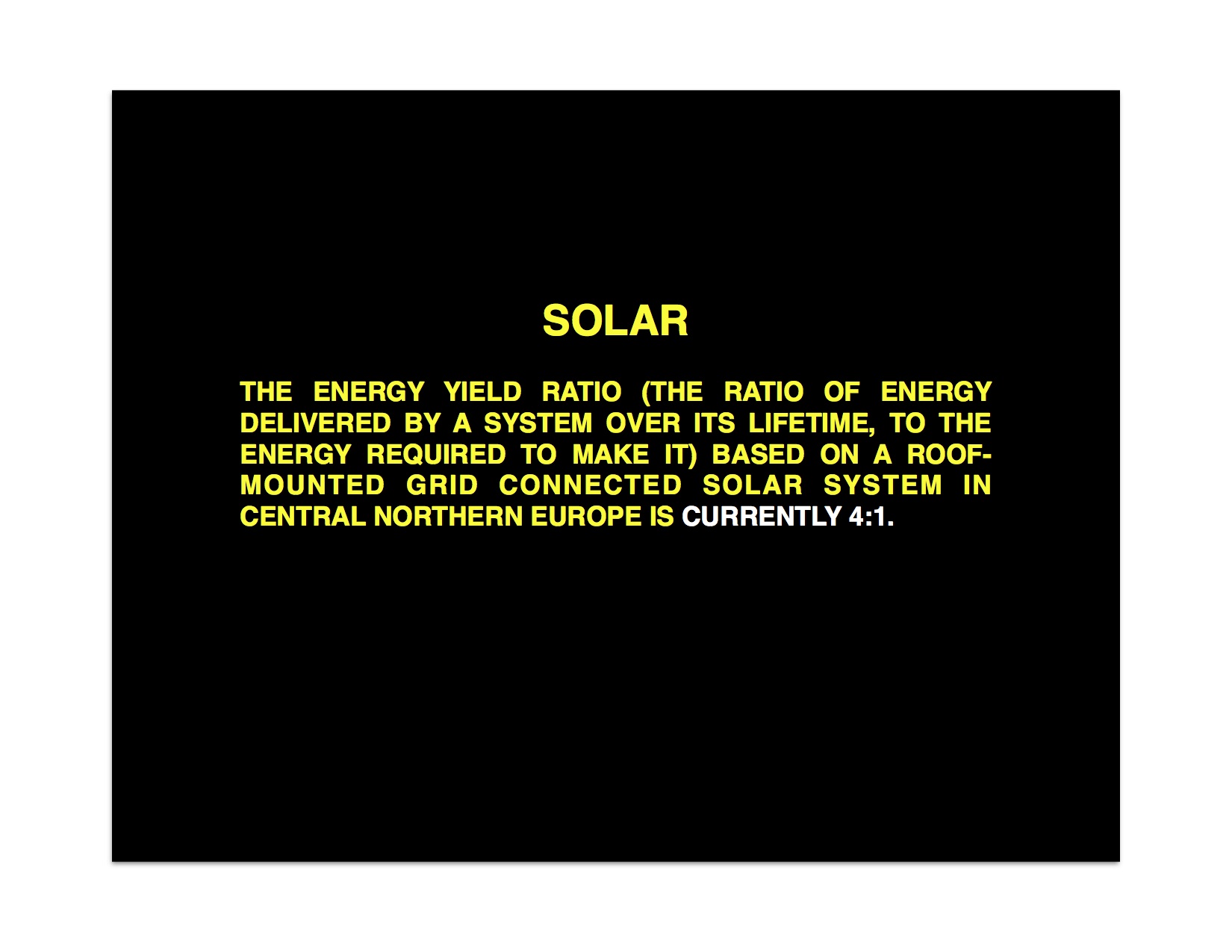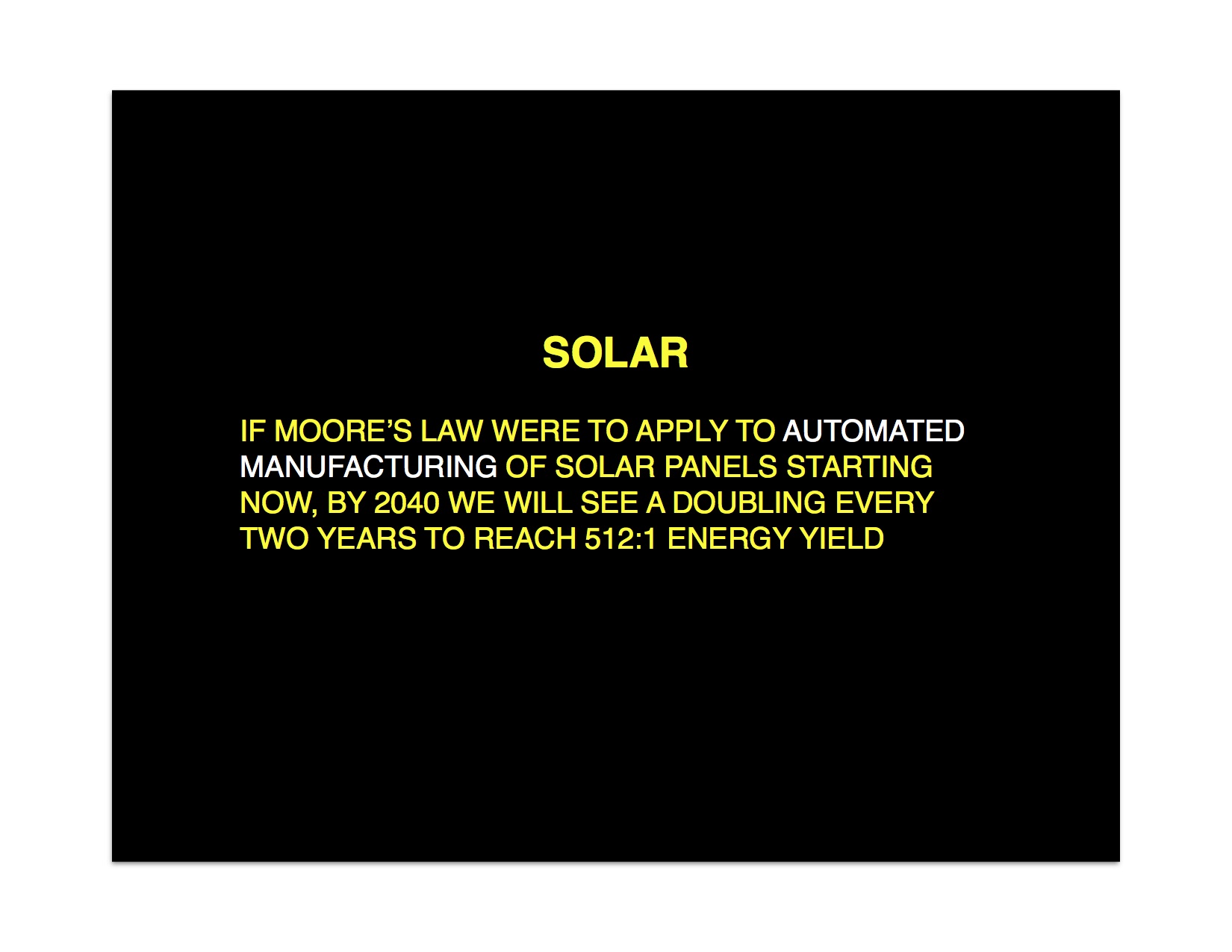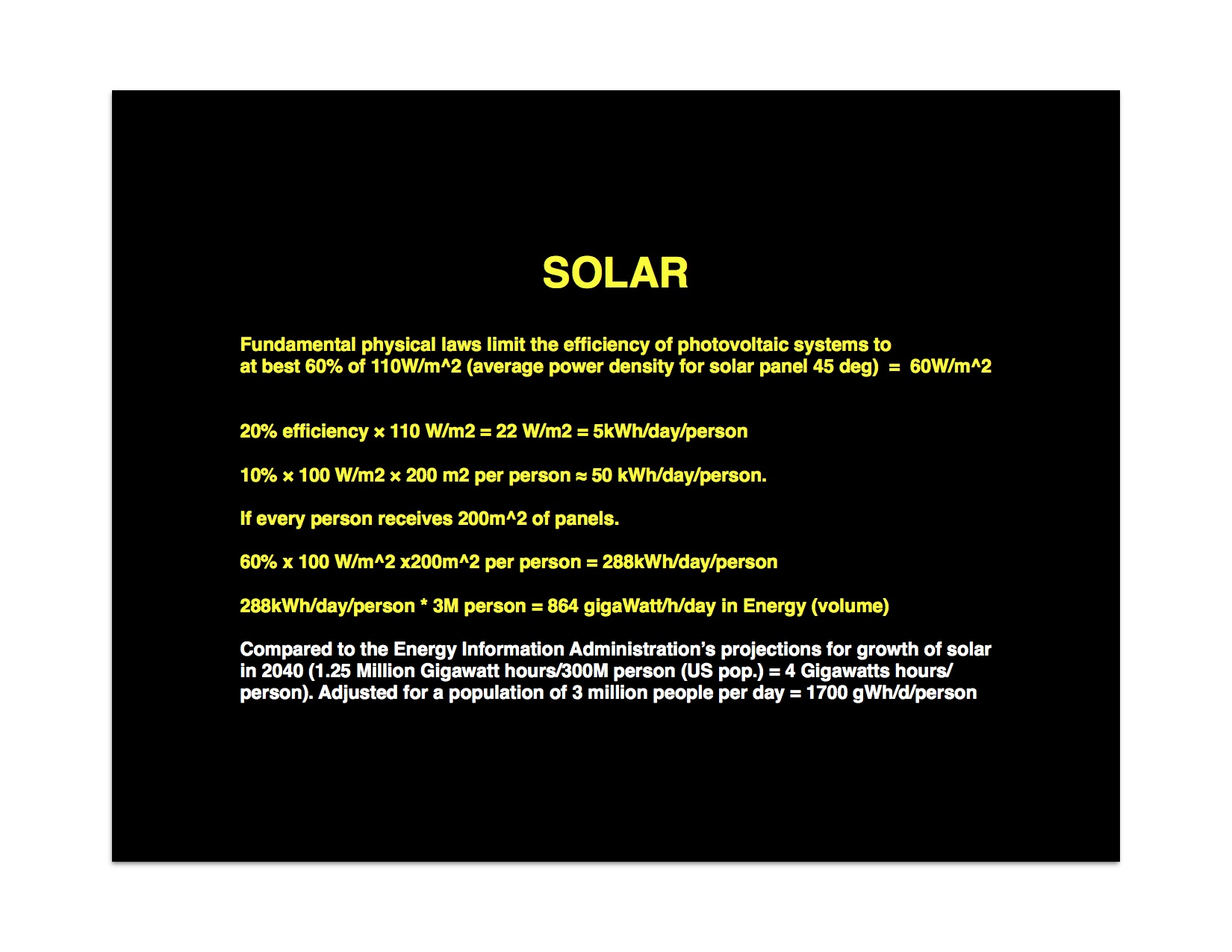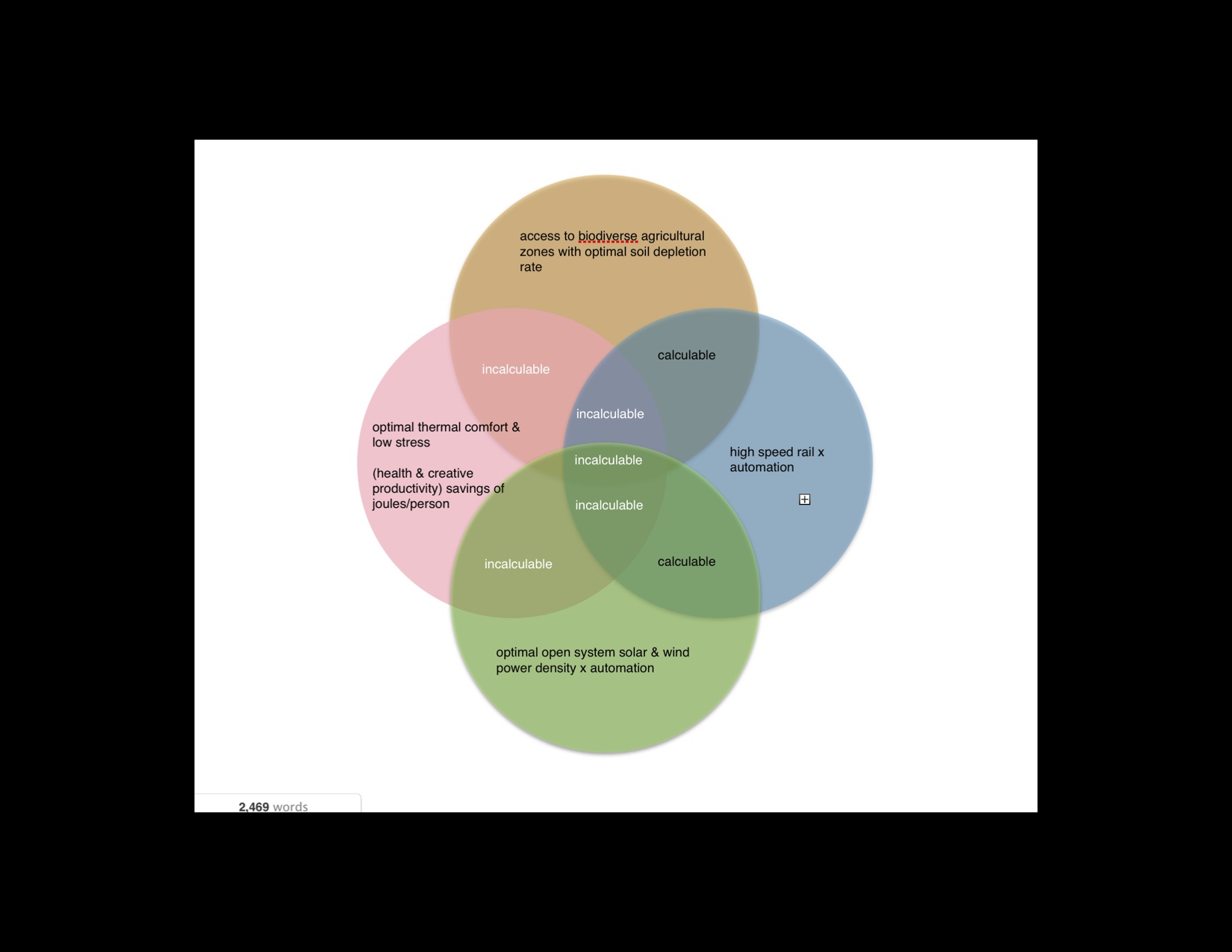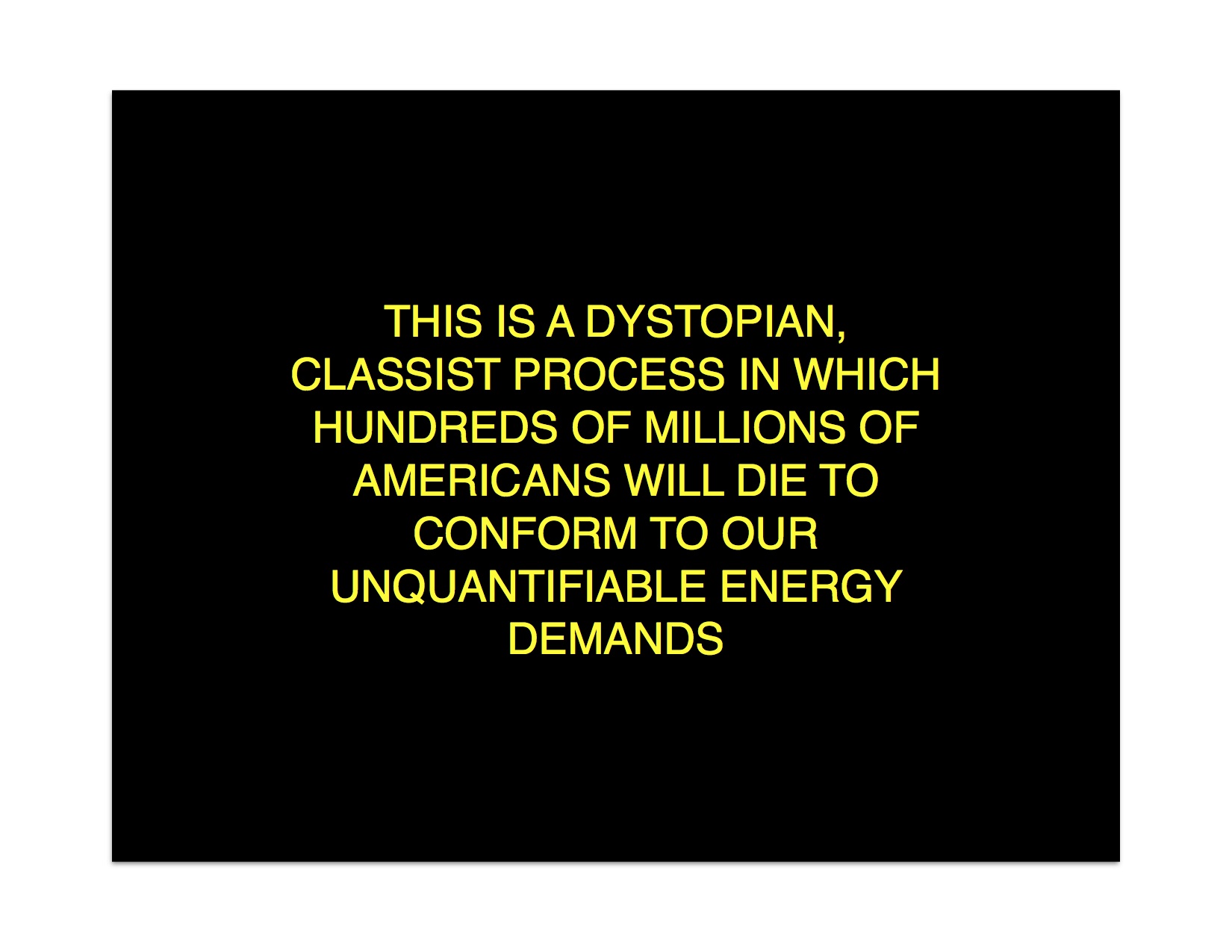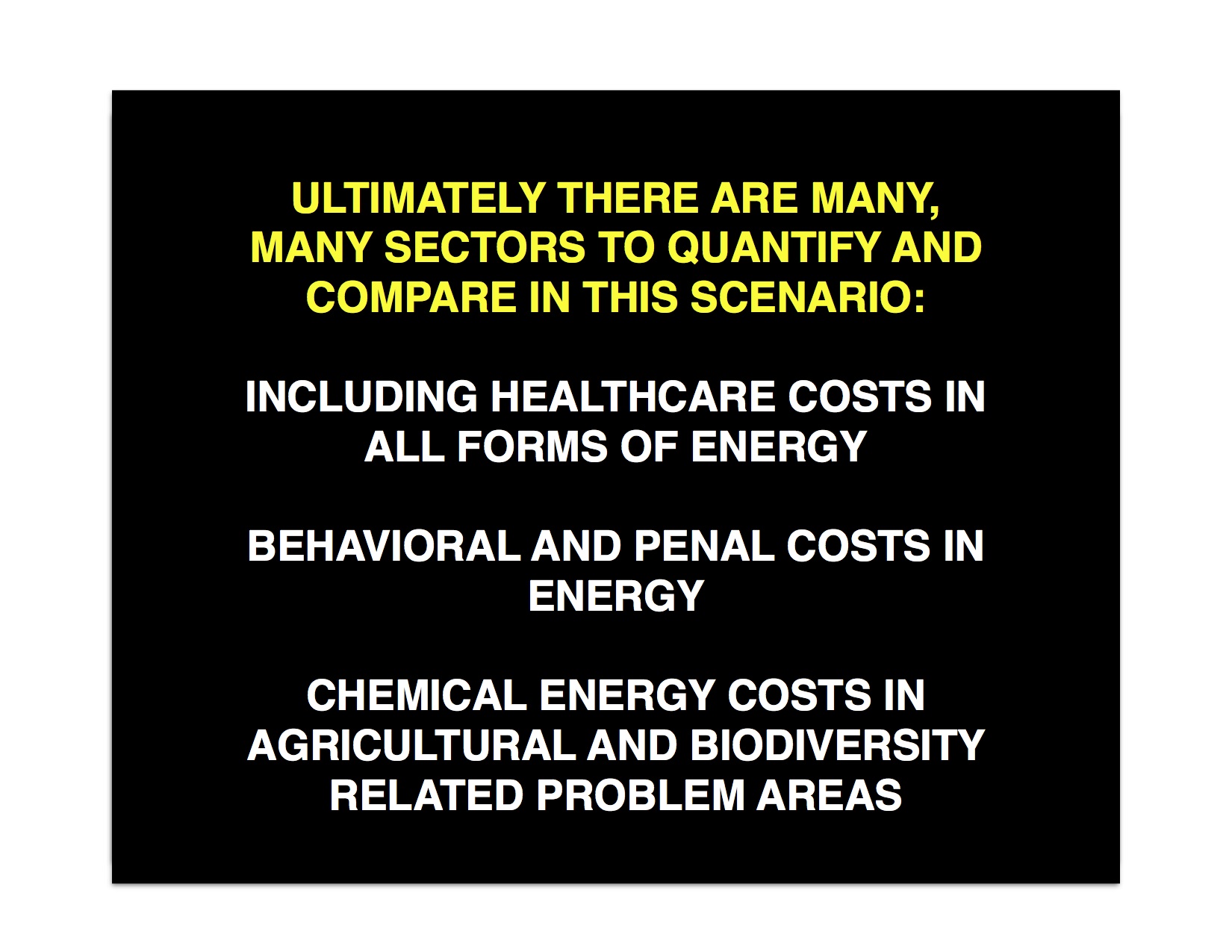The final I proposed to Jeff Feddersen for his Energy class was a talk about an alternate reality of energy and human society. We discussed ideas from Smil's Energy: A Beginner's Guide, Mackay's Without Hot Air, the Green Revolution, Malthusian Economics, Zero Population Growth, the open solar energy systems people like the Hazda use, and Guns, Germs, and Steel as well as other ideas from class sessions. I set my alternative scenario in a near future (2040) post-automation, isolationist United States. I made it post-automation and isolationist in order to simplify my thought experiment to something vaguely imaginable. I chose the US because I live here and because it's been an industrial, economic, and cultural leader in the decades since the Earth's human population increased six-fold. I chose a biological/ecological crisis to reduce the US population to 3 Million systems engineers because I think it's a plausible projection of our culturally-motivated energy path and it was convenient.
One thing I got from my semester in Energy was that it's difficult for me to consider the science of the study of Energy while at the same time considering the human economic and emotional/societal/psychological illogic which specifies its use in destructive, entropic systems in the man-made reality we live in. Economics, psycho-social fabric, and the concept that everything is energy, and all living things, including humans are energy-phages. I want to consider all energy on the same level and so my ambitious idea was to take all major sectors of the US economy and somehow isolate and simplify them enough to extrapolate them into an alternate scenario where they could some how be harmonized or at least quantified in real energy terms - including the energy costs of poorly managed healthcare systems, food and ecological systems, social problems, and other inefficient maladaptations of our society which causes enormous amounts of entropy which aren't necessarily identified transparently in terms of the toe or kilo-Watt hours they cost us - wasted energy which could be put toward making these systems more efficient instead.
Humans can do math, but we can't make logical decisions or think far enough into the future to apply logic there. After a conversation in which someone suggested I pursue another approach because my idea had no attachment to reality. I decided I would use that as a strength to provoke thought about why this type of idea is so difficult to attach to reality. I realized that I wanted to use this as a continuation of the world-building I did for my Future of New Media Post-Automation scenario for 2025. This was in turn a world-building research project I wanted to incorporate into my Anthropocene final project, a screenplay about an android living in an automated human society. Coincidentally my topic was the Green Revolution in her class, the fossil-fuel driven food energy event which turned enough solar and chemical energy into the largest accumulation of anthropomass to date.
My research process was grazing - once I settled on my scenario and parameters (the biggest step was deciding to go to the US Bureau of Labor Statistics and tally the number of systems engineers I would "save" from the mass extinction due to cross-species transmission of deadly diseases and a collapsed food system driven by a complete flattening of biodiversity), I realized there were so many areas to quantify and that I didn't even know where to begin to getting the relevant data (e.g. where total energy costs are found in a scenario like Australia's rabbit problem, or how much toe is wasted caring for patients whose cardiovascular health is compromised due to high thermal stress while doing hard physical labor.)
It's a dystopian future which involves the worst kind of capitalist classism and it involves a shocking crisis. I intended it that way as a plausible extrapolation of current trends as a background scenario for a near-future science fiction. I mean to make a point about how economics of industry and human psychology makes it difficult for systems engineers and science leaders to get the resources and political cooperation they need to take a transdisciplinary approach to fixing our energy problem.

